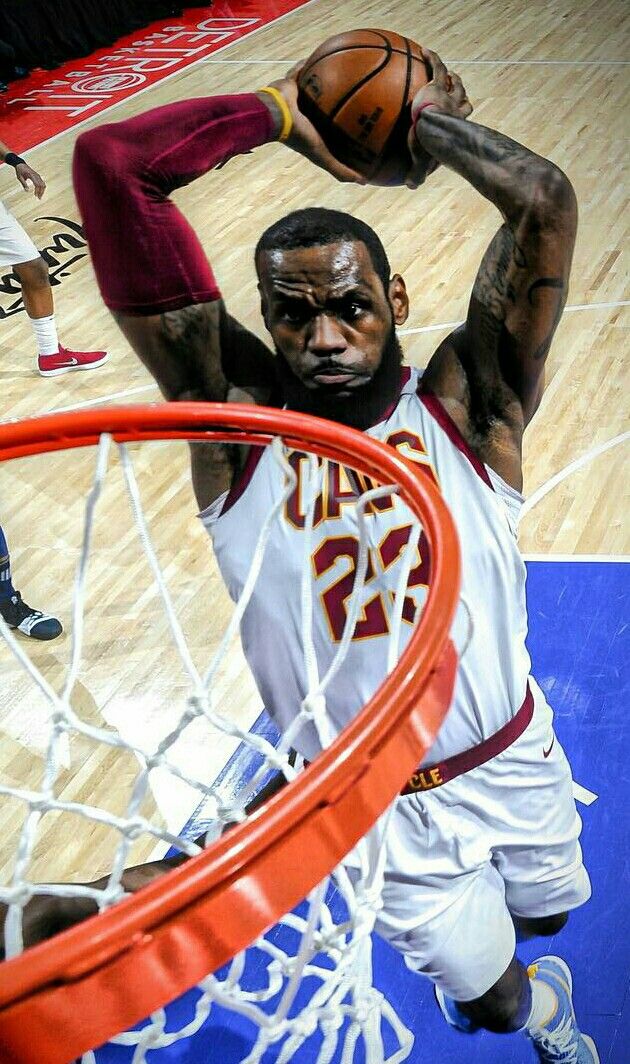Home »
Misc »
How many nba coaches never played basketball
How many nba coaches never played basketball
Which NBA coaches have never played basketball? Do any have no court experience?
The most persistent of lies is the famous George Bernard Shaw line, “Those who can, do; those who can’t, teach.” No matter how many times it is shown to be simplistic tripe, it keeps bubbling up. Inhabiting our collective subconscious like a fungal infection. We automatically assume that our teachers were a failure in their chosen field. Our society undervalues knowledge in a lopsided exchange for experience to a degree that has, on more than one occasion, left us handicapped and stunted. We are not, as the old advertisement goes, being all that we can be.
So many NBA coaches never played in the NBA: the Van Gundys, Popovich, Brad Stevens, Thibodeau. Yet, some how this is always brought up about Hammon who was a six-tiime All-Star in WNBA and has spent four years on the best staff in the league.![]() https://t.co/YCPHVU4FG5
https://t.co/YCPHVU4FG5
— Barbara Barker (@meanbarb) April 19, 2018
NBA coaching is one area that falls into the often ignored grey area between teaching and doing. Some players would argue that they can only respect someone who knows the grind, has been in the trenches as a player at the highest level. But there is a fly in the ointment here in that the truly great players are as great as they are, usually, by instinct. They can do things naturally that others can’t. But when you have that kind of ability, it is virtually impossible to put into words the mechanics of how your extraordinary feats are accomplished. You just “grip it and rip it.”
What U may not know about Toronto’s Coach Nurse
1. No one would give him n opportunity n the NBA/D-league. Therefore, he created Iowa’s D-league team&became head coach
2. Never played NBA
3. Coached 15 teams n 5 countries
4.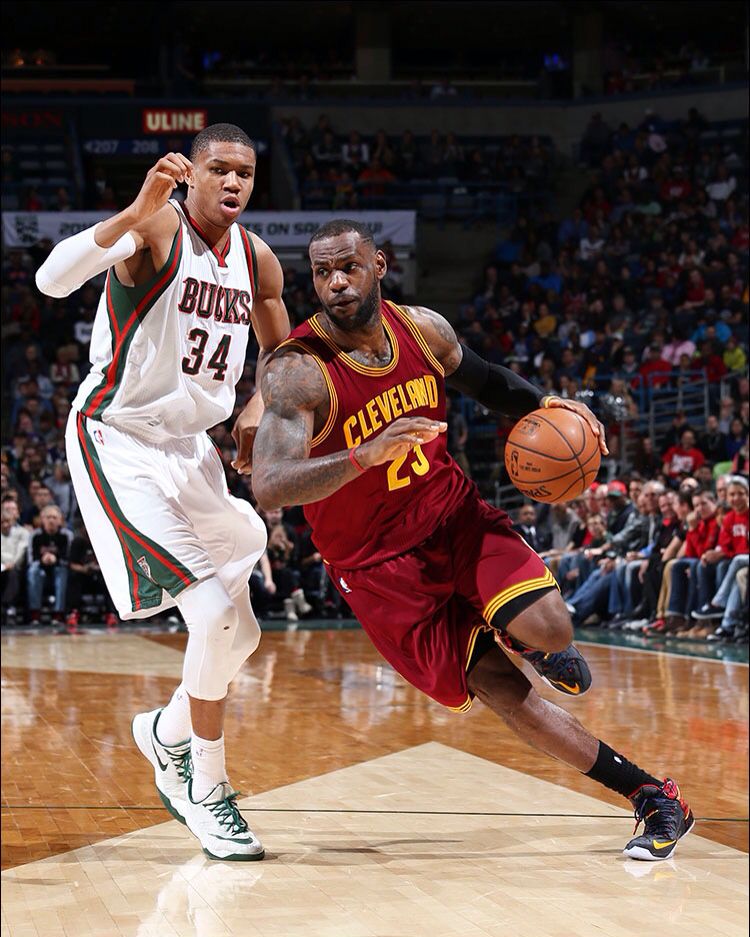 Took 29yrs of grinding/hustle#RidiculousFaith #WIT pic.twitter.com/rGogZsG8tV
Took 29yrs of grinding/hustle#RidiculousFaith #WIT pic.twitter.com/rGogZsG8tV
— MJ (Melissa J) Baker (@MJTripleThreat) May 25, 2019
And this is why the best former-player-turned-coach tends to be, not stars, but guys who were fairly middling professional players. Phil Jackson, Pat Riley, George Karl, Rick Adelman, Rick Carlisle. All of these had solid playing careers, usually coming off the bench and usually with limited playing time. As coaches, they have definitely fared better. Phil Jackson won one NBA title as a player and 11 championships as a coach.
Happy Birthday to the Zen Master Phil Jackson!
2 Rings as a player
11 Rings as a coach
Highest win % by an NBA coach (70.4) pic.twitter.com/Vc4mf4DUGc
— Ballislife.com (@Ballislife) September 17, 2021
The league is fairly evenly split on the issue, with 16 current head coaches having spent time in the NBA as players against 14 who haven’t.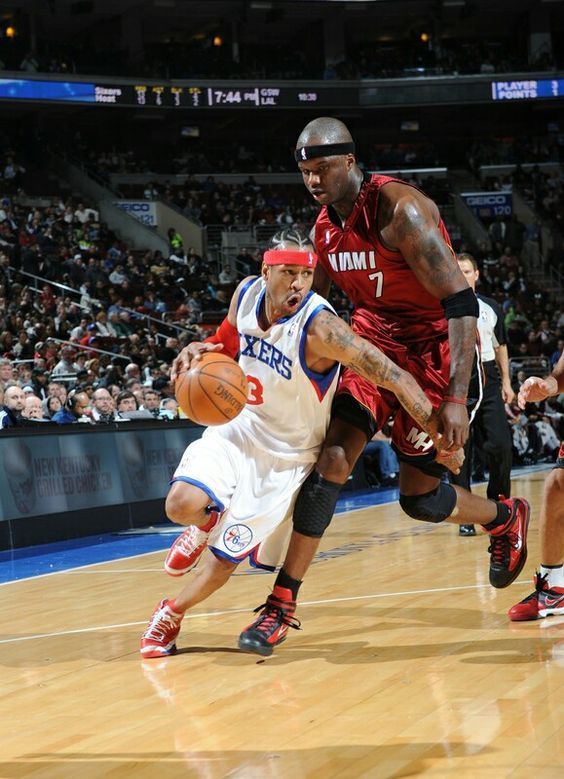 It would be a mistake to suppose that those 14 had no playing experience at all, though. In fact, with the notable exception of Memphis Grizzlies head coach Taylor Jenkins, who last played organized basketball in high school, every other man on this list has experience playing at NCAA level or in some cases international professional leagues.
It would be a mistake to suppose that those 14 had no playing experience at all, though. In fact, with the notable exception of Memphis Grizzlies head coach Taylor Jenkins, who last played organized basketball in high school, every other man on this list has experience playing at NCAA level or in some cases international professional leagues.
Nick Nurse coaching against Chris Finch in England's BBL many lifetimes ago ... https://t.co/1tZt3HjZcK
— Marc Stein (@TheSteinLine) November 14, 2020
Former Orlando Magic guard Arron Afflalo said, “It’s more of a communication thing. Sometimes former players relate to other players and sometimes guys who didn’t play in the NBA are just really great communicators and motivators. They know the game and know how to teach the game. Communication and accountability will always be the key with any coach.”
Erik Spoelstra started as a video coordinator for the Miami Heat and is now headed to his 5th Finals as the team's head coach.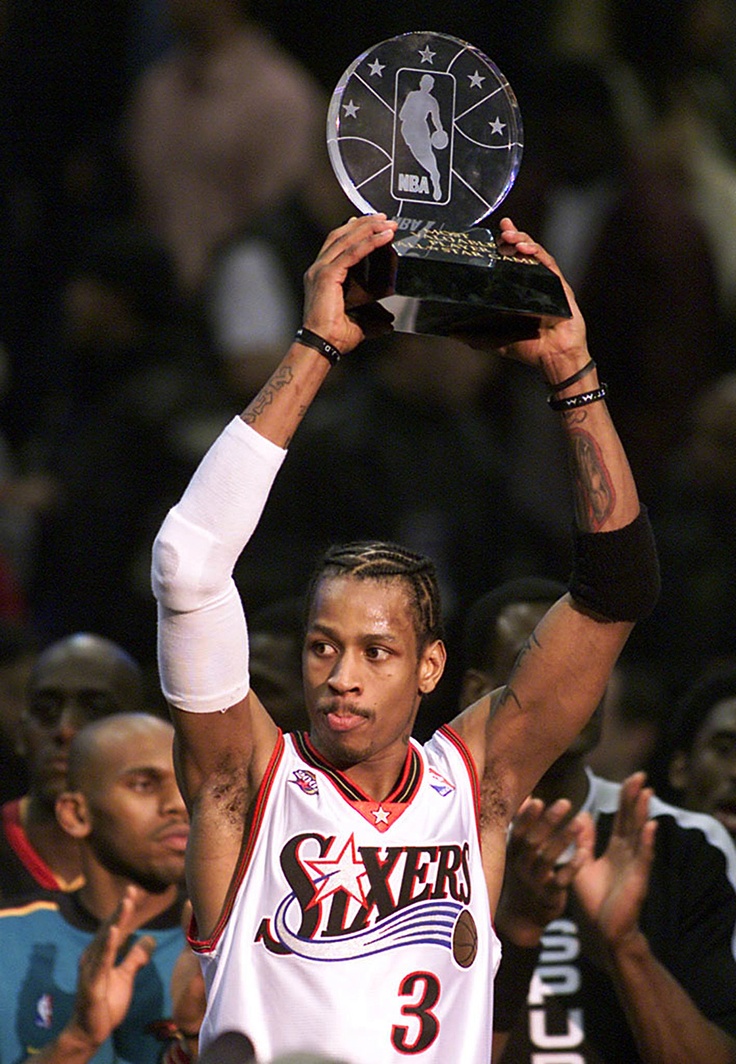
Hard work pays off 👏 (via @MiamiHEAT) pic.twitter.com/lKZQONr6Kt
— SportsCenter (@SportsCenter) September 28, 2020
2021 NBA coaches with NBA experience
- Nate McMillan
- Ime Udoka
- Steve Nash
- Billy Donovan
- Larry Drew
- Jason Kidd
- Dwane Casey
- Steve Kerr
- Rick Carlisle
- Tyronn Lue
- Willie Green
- Billy Donovan
- Jamahl Mosley
- Doc Rivers
- Monty Williams
- Chauncey Billups
2021 NBA coaches who never played in the NBA
- James Borrego played at University of San Diego Toreros
- Michael Malone played at Loyola University Maryland Greyhounds
- Stephen Silas played at Brown University (son of coach Paul Silas)
- Frank Vogel played at Juniata College before transfering to University of Kentucky where he served as student manager under the legendary Rick Pitino
- Taylor Jenkins played in high school in Dallas
- Erik Spoelstra played at University of Portland
- Mike Budenholzer played at Pomona College before a professional career in Denmark and Scotland
- Chris Finch played at Franklin & Marshall College before a professional career in Britain
- Tom Thibodeau played at Salem State College
- Alvin Gentry played at Appalachian State University
- Gregg Popovich played at US Air Force Academy and later on the US Armed Forces Basketball Team
- Quin Snyder played at Duke University
- Wes Unseld Jr.
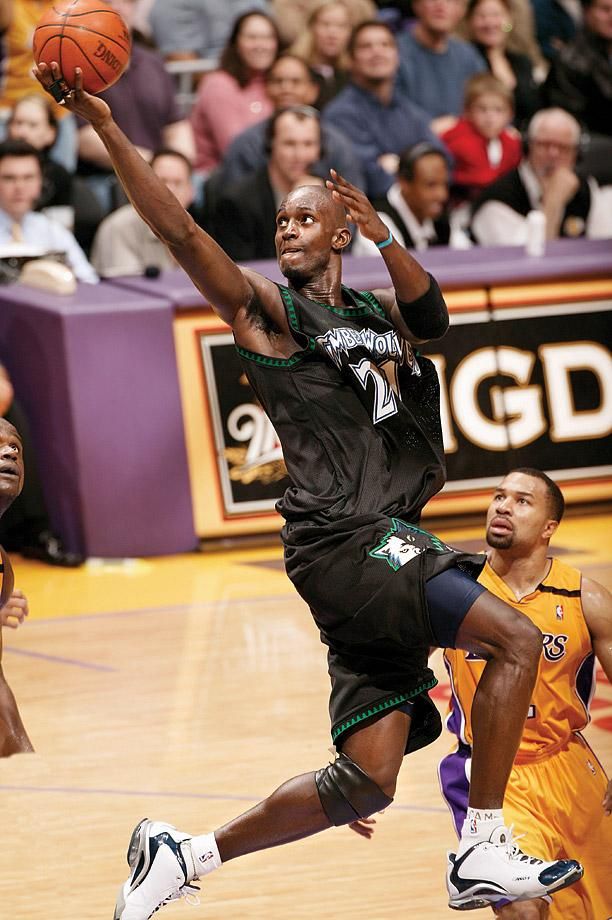 played at Johns Hopkins University
played at Johns Hopkins University - Nick Nurse played at University of Northern Iowa before a professional career in Britain
Must NBA Coaches Be Former Players to Succeed? | News, Scores, Highlights, Stats, and Rumors
The Nets are now looking to their once-savior to again take the franchise to the NBA Finals.Al Bello/Getty Images
Great players typically make bad coaches. Or so goes the adage. A guy like Michael Jordan isn't likely to be a good coach because he would have unreasonably high expectations of his players. He would be frustrated that they couldn't do the things he could do.
The logic makes sense, and very few all-time-great NBA players have had successful runs as coaches. Magic Johnson was a train wreck. Isiah Thomas was little better and, worse, wouldn't stop trying.
Larry Bird, as he is in nearly every way, is an outlier.
Though he coached for just three seasons, he lead the Indiana Pacers to a 147-67 record, which culminated in an NBA Finals appearance in 2000.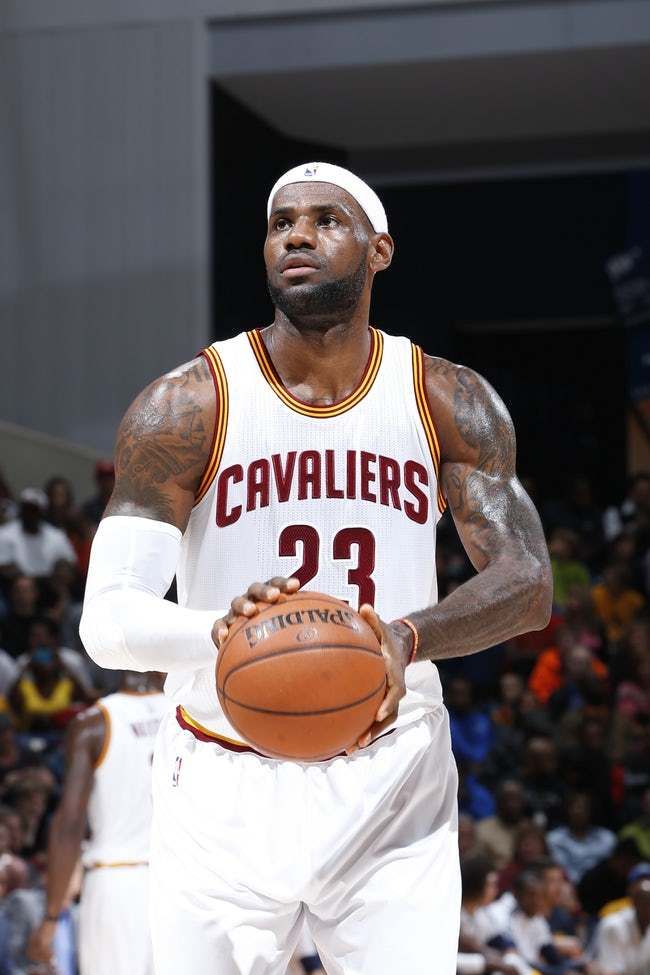 (They lost to the Los Angeles Lakers in six games as Shaquille O'Neal and Kobe Bryant won their first ring.) Bird even won the Coach of the Year award in his first season on the job.
(They lost to the Los Angeles Lakers in six games as Shaquille O'Neal and Kobe Bryant won their first ring.) Bird even won the Coach of the Year award in his first season on the job.
But this is atypical.
The Brooklyn Nets, who hired Jason Kidd as head coach days after he retired as a player, are hoping to replicate such success. They're hoping that the Hall of Fame point guard can be more like Larry Legend and less like Thomas—as another Hall of Fame-quality point guard, Mark Jackson, has proven to be (so far) in Golden State.
But to do so, he will have to be another standout and buck a well-established trend. Because generally, the best coaches seem to not be stars, but guys who were middling professional players: Phil Jackson, Pat Riley, George Karl, Rick Adelman, Rick Carlisle.
If you add in a few guys who were higher-caliber players but still short of star status—Larry Brown, Don Nelson, Doc Rivers—this makes a list that includes several of the best coaches of all time and many of the most-respected to ever grace the sideline.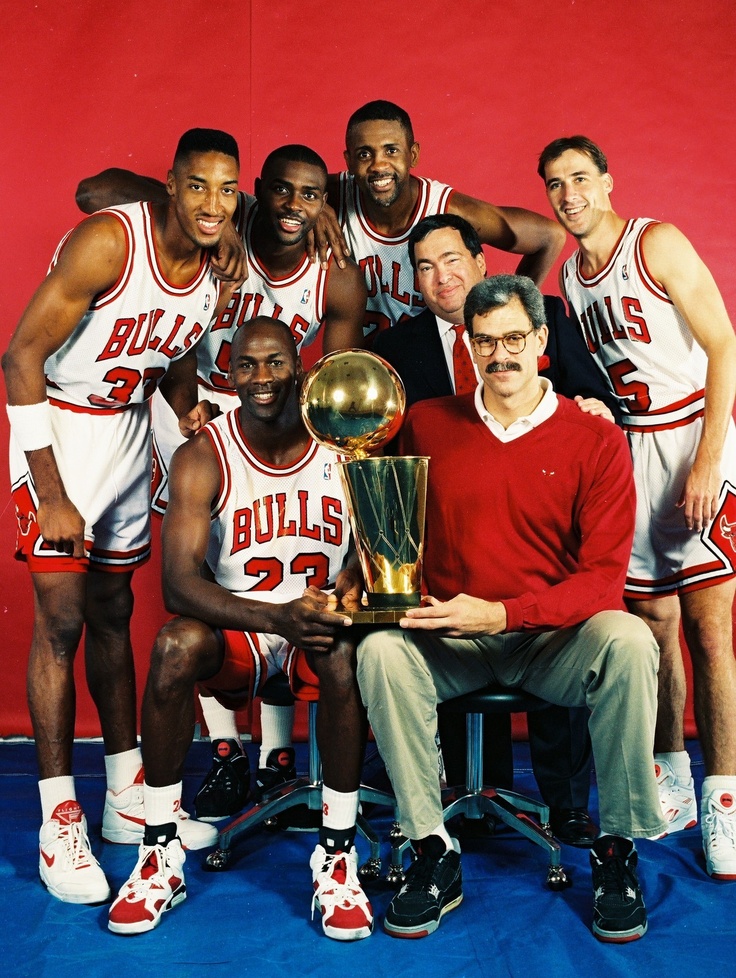
It's no wonder teams continue to seek coaches with playing experience.
Men like Scott Brooks, Jacque Vaughn, Avery Johnson and Scott Skiles—heady players who used savvy, not skills, to stick around in the league as players—seem to be the walking, talking epitome of the NBA head coach model.
The Nets aren't the only team tying their future to a former NBA player with no coaching experience. The Phoenix Suns recently hired Jeff Hornacek, who—while no Jason Kidd—was a very good player.
Each may work out swimmingly. But the teams that had the most success this season were led by coaches with zero on-court NBA experience.
Gregg Popovich and Erik Spoelstra never played a game, yet are the only two men still coaching. Frank Vogel, too, never played in the league and led the Pacers to the Eastern Conference Finals. Lionel Hollins, who was an All-Star in 1978, was the only coach in the NBA's "final four" with any professional playing experience.
The argument for having experience has always been that coaches need that credibility.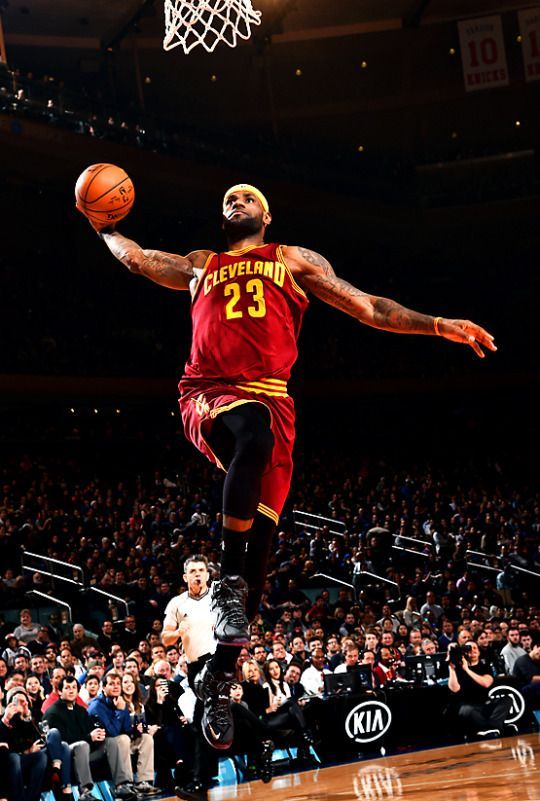 Players won't listen to someone who has never been in their shoes.
Players won't listen to someone who has never been in their shoes.
Well, in 2013, it seems they will—at least enough to make the conference finals. And when you're talking about Popovich, you're probably talking about one of the five best coaches in league history. Going back even further, Red Auerbach never had a problem winning despite being a 5'10" stocky kid from Brooklyn who never laced 'em up professionally. It was never an issue for Chuck Daly either.
As always, success breeds imitation.
So it is not surprising that the Sacramento Kings (who hired Mike Malone as head coach), Atlanta Hawks (Mike Budenholzer) and Charlotte Bobcats (Steve Clifford) have all followed suit. Their new coaches have never played in the NBA.
Will it work? Have they found the next Tom Thibodeau, who also never put on a jersey?
Has Brooklyn found its Larry Bird?
It's too early to say. But if they're anything like most coaches, they'll all probably finish around .500.
And then get fired.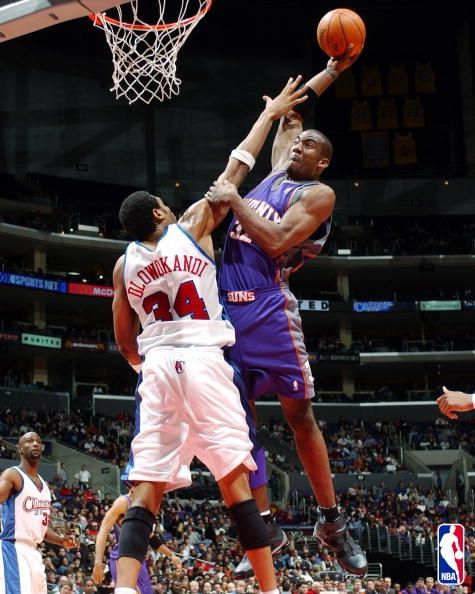
Because that's the one thing almost all coaches have in common: Everybody gets fired.
Ultimately, there is no cut-and-dried rule. Good players can make good coaches, bad players can make good coaches, and non-players can make good coaches. Once in a while, a great player even becomes a good coach.
It's impossible to make a blanket statement. There are always exceptions, always those who don't fit the mold.
Which should be common sense. Success is more about basketball knowledge, interpersonal skills, managerial talent and leadership. Those traits don't belong to any one group.
The only rule is that there are no rules. Teams should be evaluating the person, not how they fit into an established stereotype.
In that sense, recent hirings are a step in the right direction. Kidd's path to the sidelines is near-unprecedented. And without the recent success of other coaches with no playing experience, Malone, Budenholzer and Clifford probably wouldn't have jobs.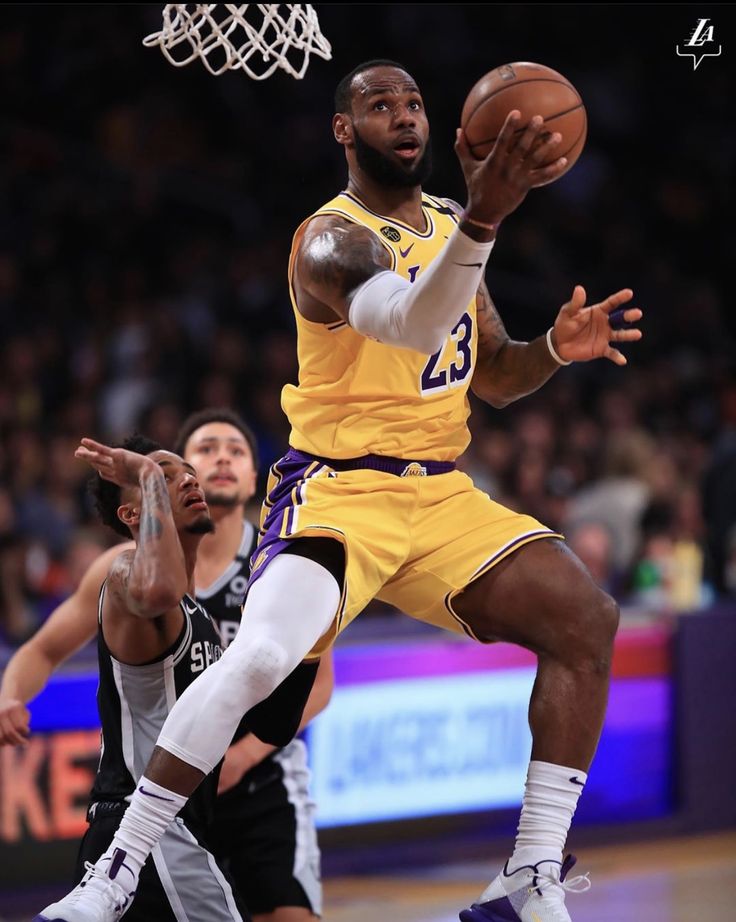
All of this shows that teams are starting to get it. They're starting to think for themselves and hire who they think is the best man for the job, not simply the person who looks the part.
90,000 The NBA has named the 15 best coaches in history. A five-time champion is missing, another 10 Hall of Famers are missing, but there is Doc Rivers - Blogg on the floor - Blogs
Editor's note: in honor of the 75th anniversary of the NBA, we are talking about the people, phenomena and processes that created the league they love all. Today is a brief guide to the coaches who invented the beloved NBA basketball.
Obscured by Harden's move to Philadelphia and other deadline deals, obscured by the All-Star Game prep, this news could have gone unnoticed: following the announcement of the list of 75 Greatest Players The NBA also named the 15 best coaches in history.
75 of the best players in the history of the NBA: who missed, who is missing and who is really extra?
Like the previous one, this list was also immediately ridiculed, scolded, and criticized.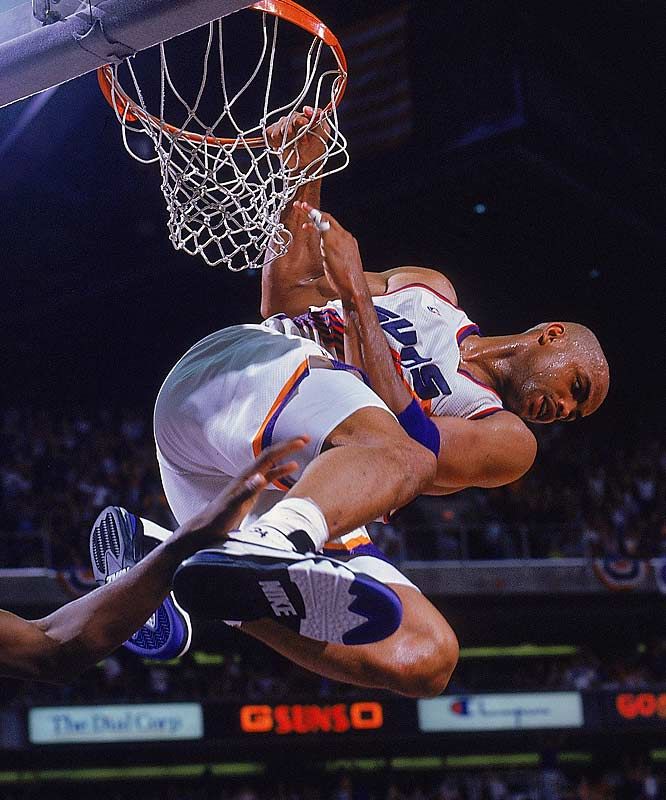 But the discussion here, and on other sites, and in social networks ran out of lightning, like the patience of Gregg Popovich, because the next day everyone was busy with the deadline for trades in the NBA. And then they safely forgot about the top 15, although in many ways the rating of coaches is much more interesting than the rating of players.
But the discussion here, and on other sites, and in social networks ran out of lightning, like the patience of Gregg Popovich, because the next day everyone was busy with the deadline for trades in the NBA. And then they safely forgot about the top 15, although in many ways the rating of coaches is much more interesting than the rating of players.
What were the complaints about the list of players, let us recall:
• a strange composition of the jury, where there were zero sports historians, not enough specialized journalists, but on the other hand there are many active players who hardly know anything about basketball before they were born;
• suspicions about how they voted - it didn't look like a top 75 choice at all, more like an additional vote for 25 new members to the 1996 top 50 list;
• your favorite player was not in it;
• It contained a player you hate.
However, the top 75, with the exception of a couple of positions, came out surprisingly worthy.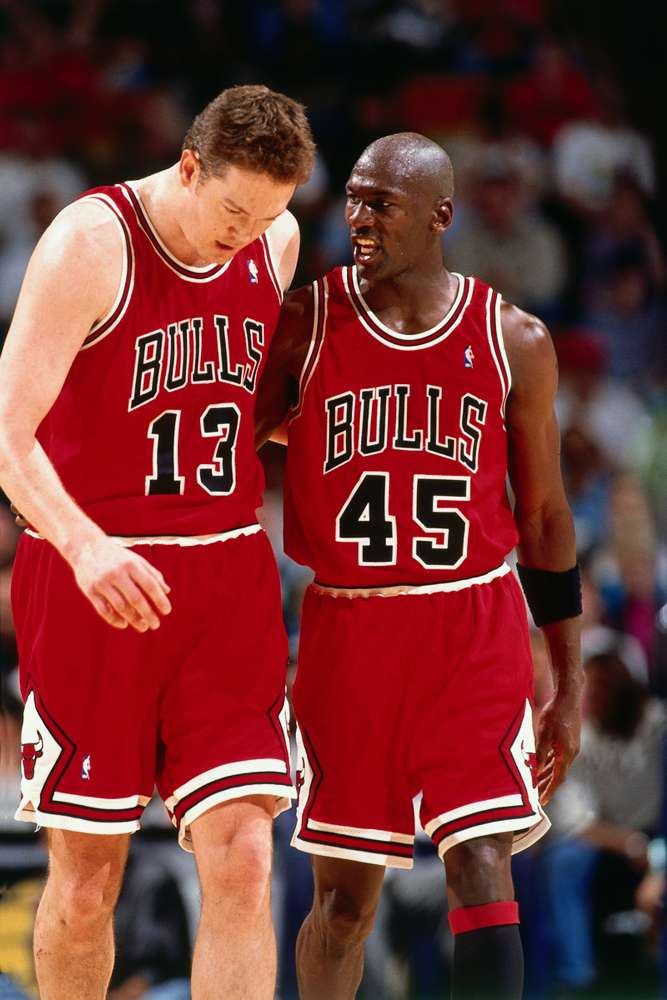 80%-90% of the players on the list would have been in any serious historical ranking - not such a bad indicator.
80%-90% of the players on the list would have been in any serious historical ranking - not such a bad indicator.
But there was a feeling that 75 players in 75 years was too little, given, for example, that there are almost twice as many NBA players in the Basketball Hall of Fame, and yet there are only those who retired by 2017.
What then to say about the list of the top 15 in 75 years? The same Basketball Hall of Fame has always had a prejudice against professional basketball coaches, there is a huge imbalance in favor of student specialists - but even more than 20 NBA representatives have already been included in the Hall, while this number still does not include, for example, Popovich, D 'Antoni, any other coach who started his career at 90th or 00th.
Why such a strange number - 15?
This is also not the first anniversary list. In 1996, 50 players and 10 coaches of were chosen (apparently guided by the fact that there are five players on the floor in each team, and one head coach).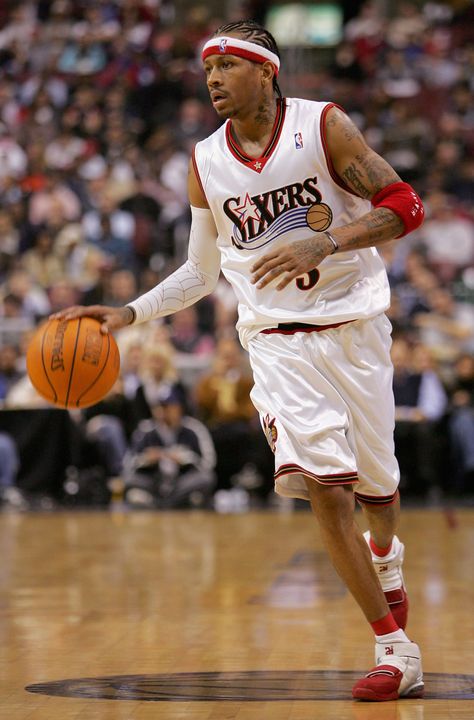 After 25 years, the lists were expanded by one and a half times.
After 25 years, the lists were expanded by one and a half times.
In contrast to the top players, coaches' ratings are now compiled according to a different principle than in 1996. Then the list was determined exclusively by journalists.
This season, the task of choosing the best in history was transferred to the coaches union. In 1996, he had already existed for 20 years, but was on the margins of the NBA's labor relations. The organization received full recognition only in the late 00s.
Everything seems to be fair: the professionals are the best at their craft, the best coaches should be chosen by the coaches. But the example of players voting for their colleagues in the starting five of the All-Star Game shows that there is no objectivity in such elections and cannot be. And if we criticized the “recency effect” when choosing the top 75 players, then here this cognitive distortion is hypertrophied.
The jury that chose the players had at least the appearance of a "historical counterbalance" to the players on the part of journalists and coaches.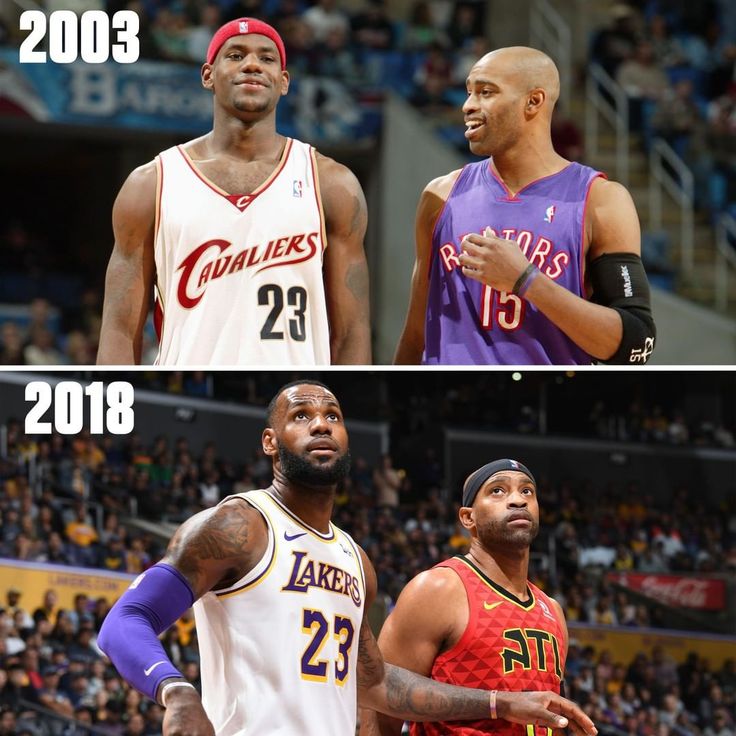
The Greatest Coaches were chosen by union members - 30 current coaches plus 13 visiting ex-NBA coaches. And some of the former coaches are not entirely convinced that they understand the art of coaching (the jury includes the legendary players Magic Johnson, Willis Reed, Dave Cowens, Isaiah Thomas, whose coaching merits hardly anyone admires, to put it mildly). And not all current coaches convinced.
But by the way, it was forbidden to vote for yourself.
So we have: young people like New Orleans' Willie Green or Oklahoma's Daignault make up more than half of the jury. One current coach who worked until 1999 is Popovich. There are only a few people who caught at least the 70s as players, a few - the 60s. And the lonely Hubie Brown, who started coaching back in 1955, in college basketball in 1968, in the NBA in 1972.
Is it any wonder that did not make it to the top 5-time NBA champion and three more two-times, because they coached until the 1980s and they are simply not remembered anymore? Pro coaches don't collect cuts of historical highlights, they aren't compared by advanced statistics, they are very rarely called the creators of championship victories - this attitude in America is reserved for student coaches.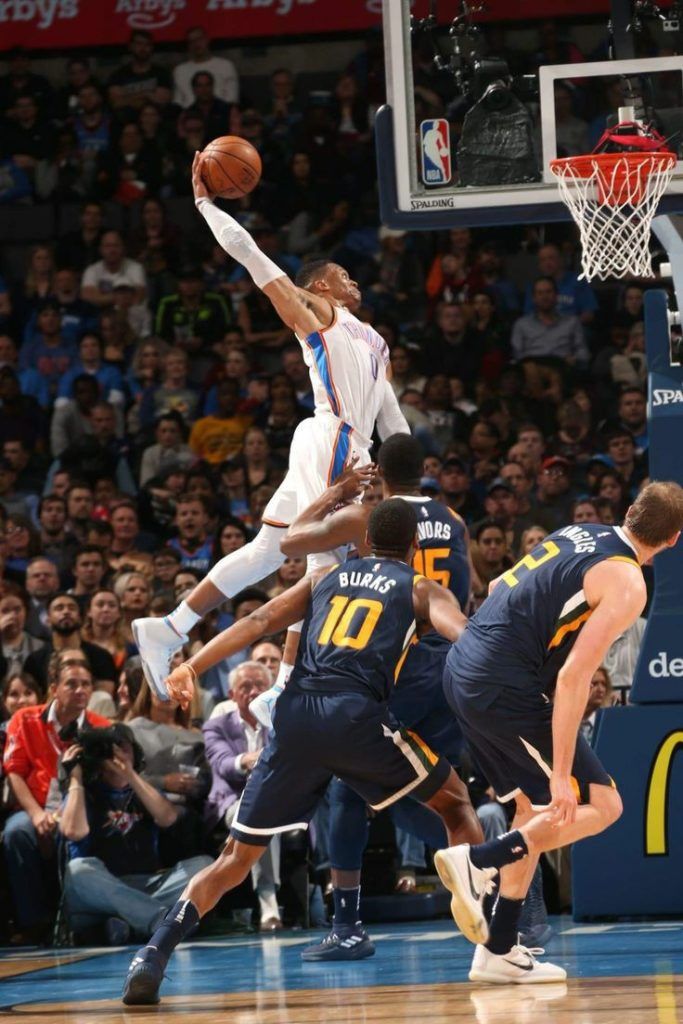
Also missing from the list are three other people who have 4-5 NBA All-Star Game calls. Of the 10 multiple Coaches of the Year, only three are in the top 15. No Hubie Brown, Bill Russell, Phil Jackson, Lenny Wilkens could not balance the composition of the jury - and the final choice.
But we are getting ahead of ourselves.
Who was left behind
Of the 10 best versions of 1996, there are 8 people in the new list.
Red Auerbach
Titles / Finals: 9 / 11 Coach of the Year: 1 (since 1963, later named after him) Cost center: 11 By wins / by win %: 12th / 5th*
* - among those with at least 250 regular season wins
Players (hereinafter - from the top 75 who spent at least two seasons under management): Bob Cousy, Bill Sharman, Bill Russell, Sam Jones, John Havlicek
Most winning person in NBA history: 9 titles in the 1950s and 1960s as Boston coach, 7 more (in the 60s, 70s, 80s) as a general manager.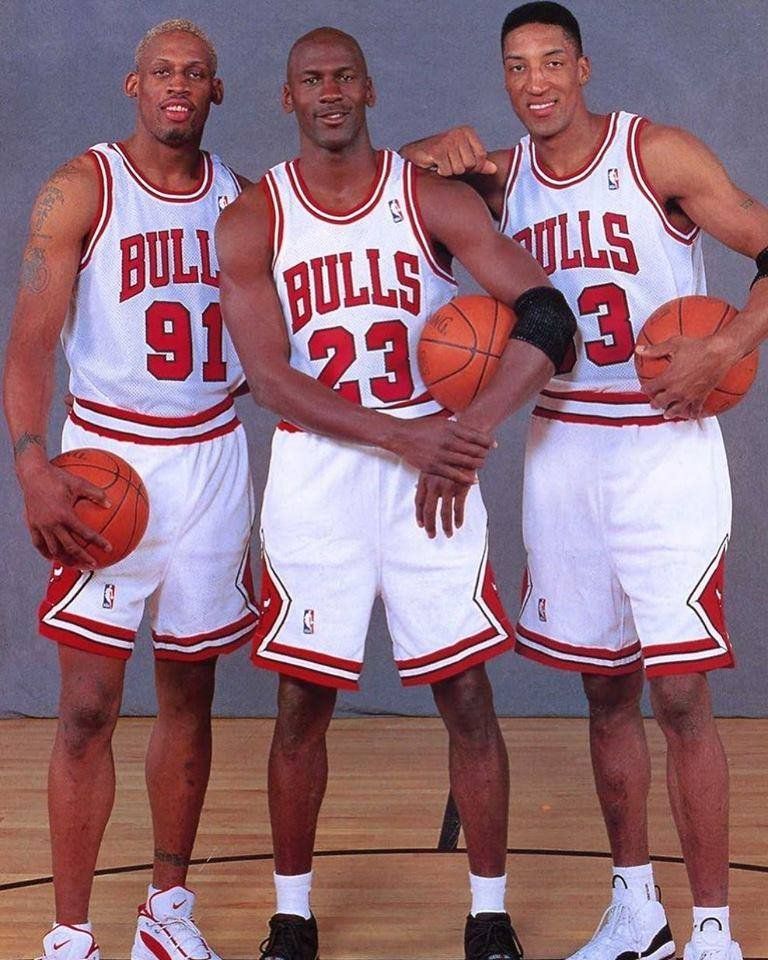 Red did not invent tactics and combinations, he invented the concept: it was his Washington Capitols who were the first to play the fast break in the NBA (yes, he worked not only in Boston), his authorship belongs to the ideas of the “sixth man” and the mobile center. Auerbach was also the strongest psychologist and motivator and appreciated the talent of the players. The best evidence of Auerbach's influence on the NBA was not even his championship rings and not the fact that the best coach of the season is awarded the Red Auerbach Prize annually, but the number of students: four ex-Red players at once became champion coaches in the NBA, one more in the NCAA, and one more made this list and into the Hall of Fame even without a championship title.
Red did not invent tactics and combinations, he invented the concept: it was his Washington Capitols who were the first to play the fast break in the NBA (yes, he worked not only in Boston), his authorship belongs to the ideas of the “sixth man” and the mobile center. Auerbach was also the strongest psychologist and motivator and appreciated the talent of the players. The best evidence of Auerbach's influence on the NBA was not even his championship rings and not the fact that the best coach of the season is awarded the Red Auerbach Prize annually, but the number of students: four ex-Red players at once became champion coaches in the NBA, one more in the NCAA, and one more made this list and into the Hall of Fame even without a championship title.
Red Holtzman
Titles / Finals: 2 / 3 Coach of the Year: 1 Cost center: 2 Wins / Win %: 20th / 43rd 90,005 90,002 Players: Bob Pettit, Willis Reed, Walt Fraser, Dave Debucher, Earl Monroe, Jerry Lucas 90,005 90,002 New York Knicks, and they won both titles in the 1970s under the leadership of Red Holtzman.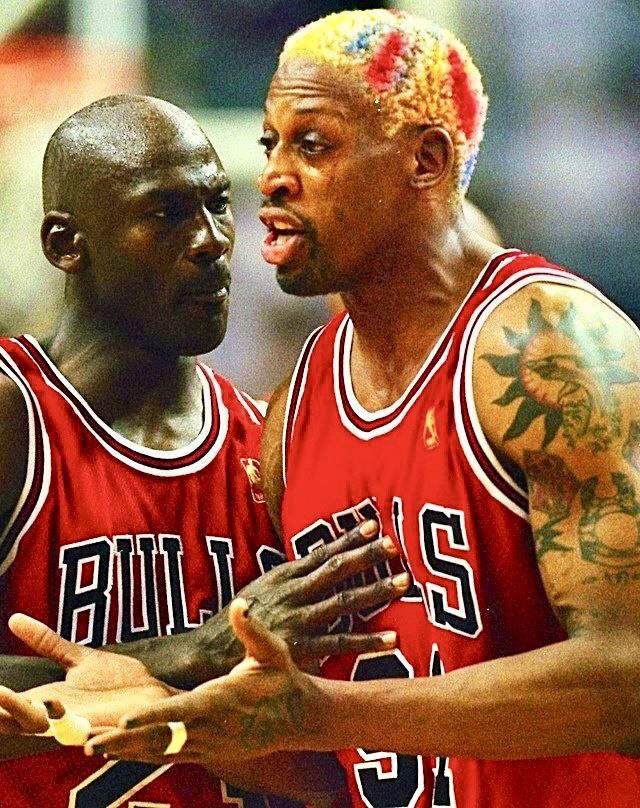 The Knicks became the first championship team to rely on defensive play. Holzman came to the club in '68 and completely reconfigured the team, emphasizing physical preparation, long-range shots (then there was no three-point line yet), ball movement in attack and powerful pressing in defense. And it was under Holtzman that Phil Jackson spent most of his NBA career.
The Knicks became the first championship team to rely on defensive play. Holzman came to the club in '68 and completely reconfigured the team, emphasizing physical preparation, long-range shots (then there was no three-point line yet), ball movement in attack and powerful pressing in defense. And it was under Holtzman that Phil Jackson spent most of his NBA career.
Jack Ramsey
Titles / Finals: 1 / 1 Coach of the Year: 0 Cost center: 1 Wins / win percentage: 14th / 52nd 90,005 90,002 Players: Hal Greer, Billy Cunningham, Bob McAdoo, Bill Walton, Clyde Drexler 90,005 90,002 Tweed jackets, plaid pants, two championship rings: Ramsey actually started his career in the NBA as Philadelphia's general manager Wilt Chamberlain. But when Wilt and the head coach of that team quarreled with the owner and left, the general manager had to go to the coaching post. The first attempts to build something of their own in Philadelphia and Buffalo were not successful, but one of the most beautiful championship teams in NBA history was born in Portland in the first season.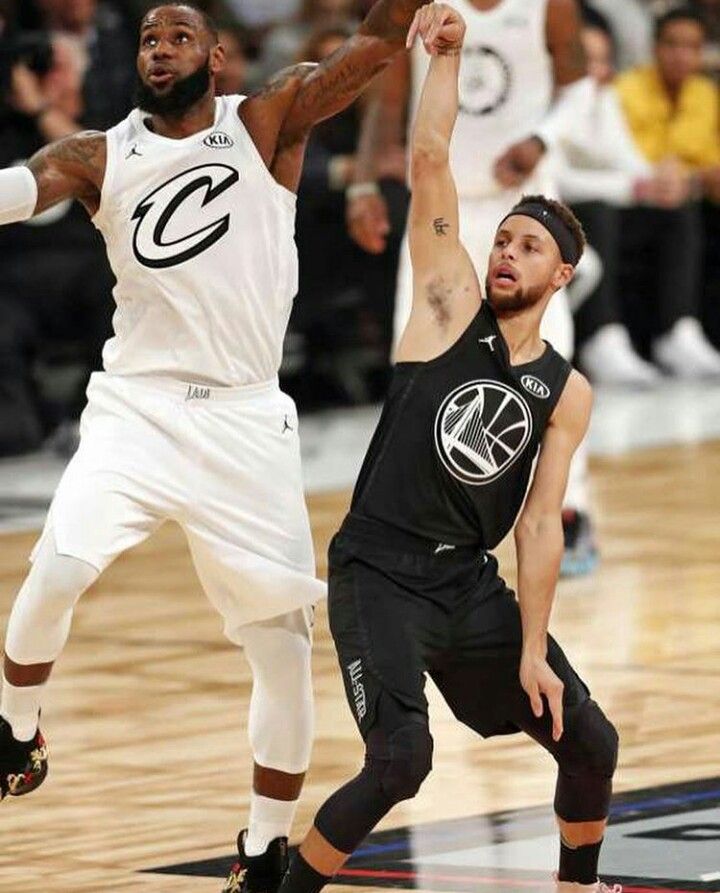 At the time of his retirement, Ramsey was second only to Auerbach in regular season wins, and at some point, one in four current NBA coaches was a student of Dr. Jack.
At the time of his retirement, Ramsey was second only to Auerbach in regular season wins, and at some point, one in four current NBA coaches was a student of Dr. Jack.
Lenny Wilkens
Titles / Finals: 1 / 2 Coach of the Year: 1 Cost center: 4 Wins / Wins %: 3rd / 42nd 90,005 90,002 Players: Lenny Wilkens himself, Bill Walton 90,005 90,002 NBA coaching longest-lived - 32 seasons, 2487 games! Lenny started out as a player-coach at Seattle back in 1969 and ended up at the Knicks coaching Trevor Ariza. One of the most beloved coaches by the players - but the list of these players shows that Lenny coached mostly in modest teams. But even so, he succeeded: two NBA Finals with the Sonics (champion-1979), where for the first time all attacks did not go through the back line player, but through the forward; the magnificent Cleveland of the early 90s, which, due to injuries, could not even reach 50% of its potential; formidable defensive "Atlanta" with Mutombo.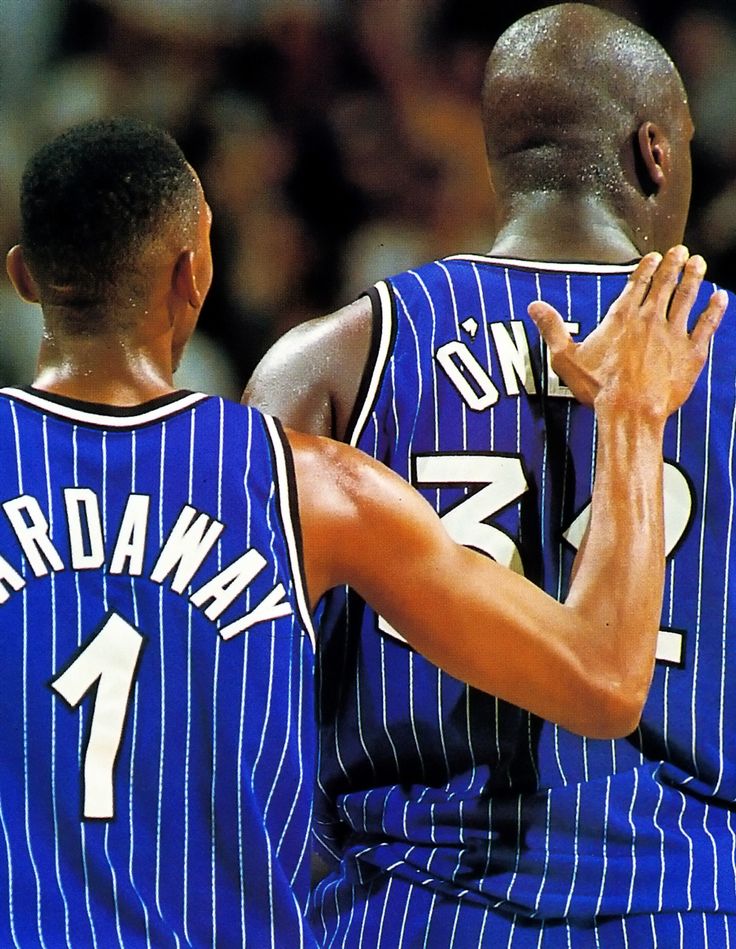 All Lenny's teams were different - Wilkens just let them play, not driving them into the framework of strategies.
All Lenny's teams were different - Wilkens just let them play, not driving them into the framework of strategies.
The only one to make both top 75 players and top 15 coaches.
Pat Riley
Titles / Finals: 5 / 9 Coach of the Year: 3 Cost center: 9 By wins / by % wins: 5th / 7th
Players: Kareem Abdul-Jabbar, Magic Johnson, James Worthy, Bob McAdoo, Patrick Ewing, Dwyane Wade, Shaquille O'Neal
Only one coach has led three different teams to the NBA Finals in three different decades. Already in Showtime, the Lakers, Pat was considered a star along with his players, but at some point he got tired of the pressure ... and changed from Los Angeles to New York. It was a style transition: after the best offense of the 80s in LAL, Riley built the best defense of the 90s in the Knicks. But soon Pat again wanted more: complete control over the team, and scandalously left for Miami in the dual role of coach and president. He was tired of coaching again, appointed his assistant as the main one, became disillusioned with him, returned to the coaching bridge, made the Hit champions in 2006.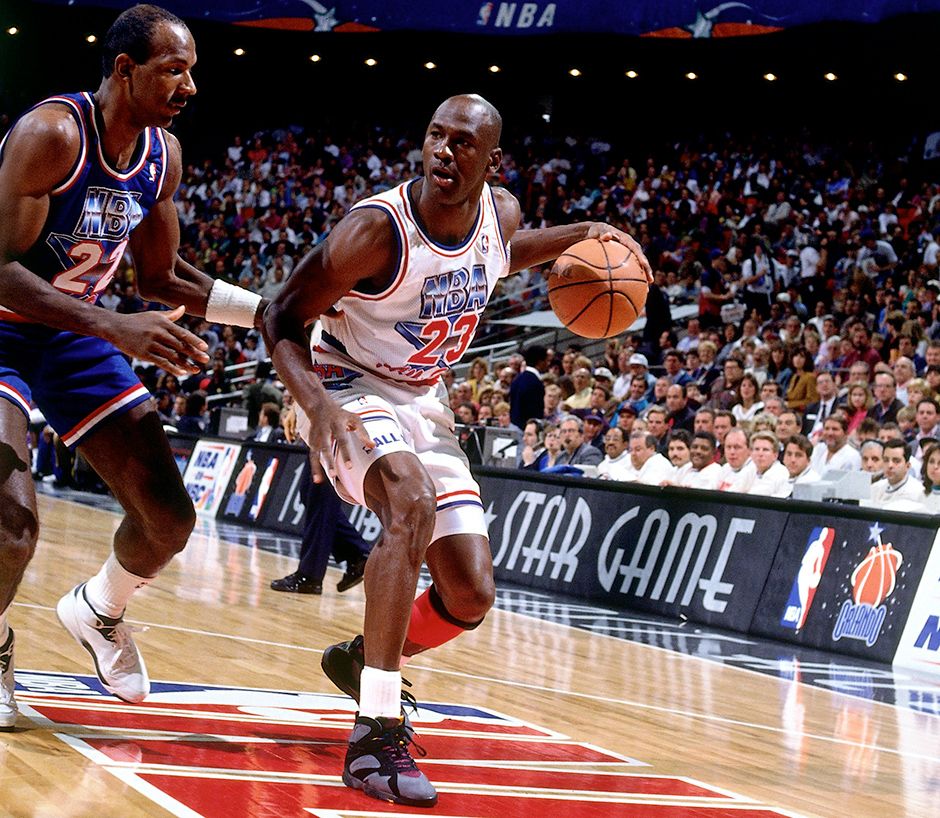 And then he again went into management, this time picking up the best heir (who himself made his way into the top 15).
And then he again went into management, this time picking up the best heir (who himself made his way into the top 15).
Don Nelson
Titles / Finals: 0 / 0 Coach of the Year: 3 Cost center: 2 Wins / Win %: 1st / 33rd 90,005 90,002 Players: Dirk Nowitzki, Steve Nash 90,005 90,002 An innovative head coach in NBA history. It was he who put together the versatile and intimidating Milwaukee of the 80s, where he used two centers before the Rockets and Spurs, where he had a point forward before it became fashionable, where his best offensive player was also the best defense player. It was he who came up with the Nellyball, the quintessential no-post game with four men on the perimeter, his Golden State was the funniest team to start 90's. It was he who raised Dirk Nowitzki in Dallas, gave a second chance to Steve Nash, demanded three-pointers from both point guards and centers. It was he who, having returned to the GSV, knocked out the same Dirk in the first round of the playoffs - MVP with the first seed, and later opened Steph Curry for the NBA.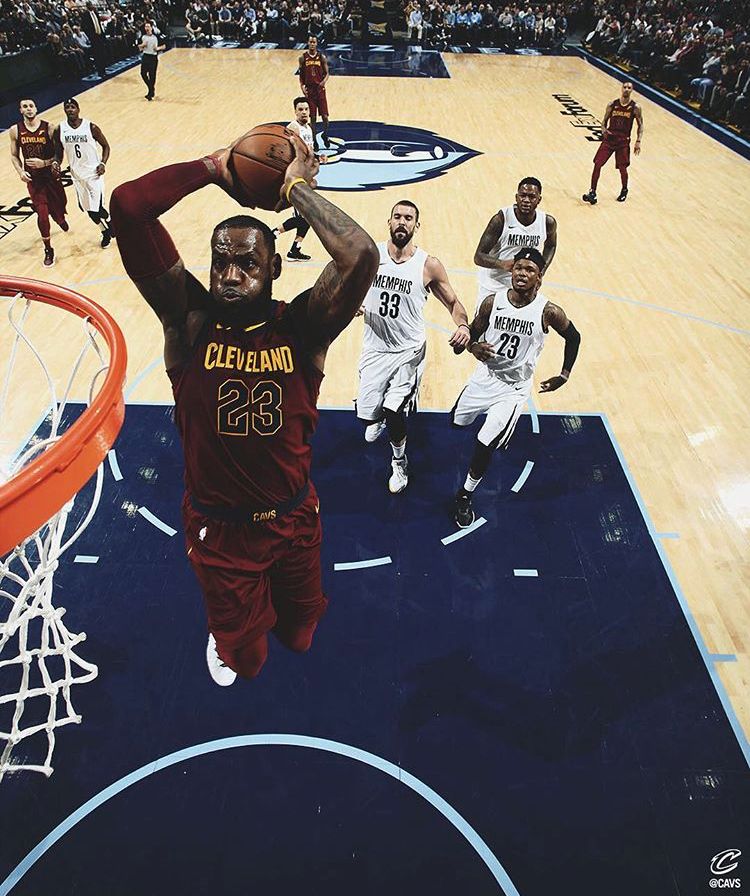 There is no basketball tactic that Don Nelson has not had a hand in developing.
There is no basketball tactic that Don Nelson has not had a hand in developing.
Chuck Daly
Titles / Finals: 2 / 3 Coach of the Year: 0 Cost center: 1 Wins / Win %: 25th / 13th 90,005 90,002 Players: Isaiah Thomas, Dennis Rodman
It seems that Chuck Daly has always been with the Pistons - in fact, he coached Detroit for only 9 years, but even so he managed to become an ideal candidate for the head of the Dream Team at the 1992 Olympics. Everyone respected Chuck. And his own players, whom he turned from role-playing and inconspicuous into top stars. And the best basketball players in the NBA, despite how his Bad Boys broke them. And journalists - less for the style of play of his team, more for the style of dress. Finally, he was respected by his colleagues - not only was he selected in the top 15, but the NBA Union Lifetime Achievement Award is named after Chuck Daly.
Phil Jackson
Titles / Finals: 11 / 13 Coach of the Year: 1 Cost center: 4 Wins / Wins %: 7th / 1st 90,005 90,002 Players: Michael Jordan, Scottie Pippen, Dennis Rodman, Shaquille O'Neal, Kobe Bryant 90,005 90,002 Auerbach's 9 coaching titles once seemed out of reach .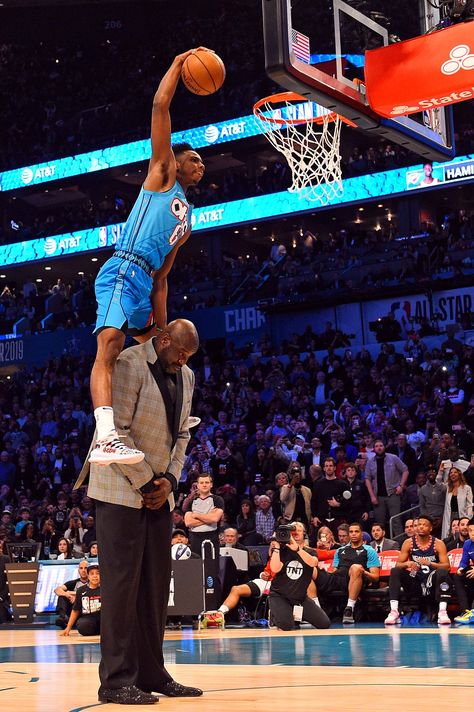 And then there was Phil Jackson. Probably the best coach to turn stars into superstars and superstars into mega-superstars - he never coached without them. By 1996, Jackson had been in charge of the NBA for only 7 seasons, but his Bulls had already become champions 4 times, and the Zen Masters were included in the top 10 in the league's half-century history. The 7 new titles that followed confirmed the fidelity of that inclusion, and now no one doubts the greatness of Jackson. Even if both the branded triangular attack and the ripening of success on intra-team conflicts are not in the NBA trends for a long time.
And then there was Phil Jackson. Probably the best coach to turn stars into superstars and superstars into mega-superstars - he never coached without them. By 1996, Jackson had been in charge of the NBA for only 7 seasons, but his Bulls had already become champions 4 times, and the Zen Masters were included in the top 10 in the league's half-century history. The 7 new titles that followed confirmed the fidelity of that inclusion, and now no one doubts the greatness of Jackson. Even if both the branded triangular attack and the ripening of success on intra-team conflicts are not in the NBA trends for a long time.
Who was eliminated
Bill Fitch
Titles / Finals: 1 / 2 Coach of the Year: 2 Cost center: 1 Wins / Win %: 11th / 76th 90,005 90,002 Players: Nate Thurmond, Larry Bird, Nate Archibald, Robert Parish, Kevin McHale, Hakeem Olajuwon 90,005 90,002 Top 15 announced exactly one week after Bill Fitch died, who in 1996 was in the top 10, so that the great coach did not know about this injustice.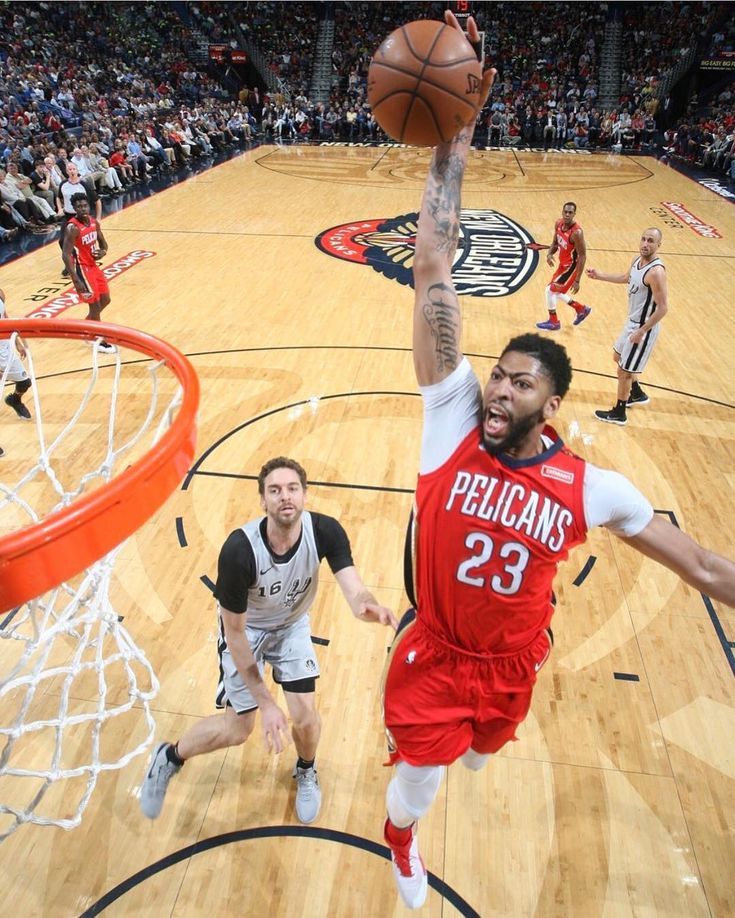 In general, it is very strange that Fitch is no longer on the list of the best from the union, because the organization is headed by his student - Rick Carlyle. Also in his coaching tree are Phil Jackson and Rudy Tomjanovich.
In general, it is very strange that Fitch is no longer on the list of the best from the union, because the organization is headed by his student - Rick Carlyle. Also in his coaching tree are Phil Jackson and Rudy Tomjanovich.
Fitch is the best coach in NBA history for young teams: he kept Cleveland afloat in the early years of the team, then won in Boston with second-year Byrd, five years later he brought second-year Olajuwon and the Rockets to the NBA Finals . Not everyone shared his "sergeant's" style of work, but those who shared it were sure to succeed. Alas, in the 90s, the players no longer accepted Bill's methods - hence the disastrous seasons with the Nets and Clippers, which greatly influenced the overall win rate and, possibly, the choice of the jury - Fitch won only 46% of his career matches.
John Kundla
Titles/Finals: 5/6 (also 1/1 in the NBL) Coach of the Year:- Cost center: 4 Win/Win %: 48th/21st 90,005 90,002 Players: George Mikan 90,005 90,002 The NBA probably would have gone bust in the 1950s if it weren't for the attractive and dominant Minneapolis Lakers, the NBA's first dynasty.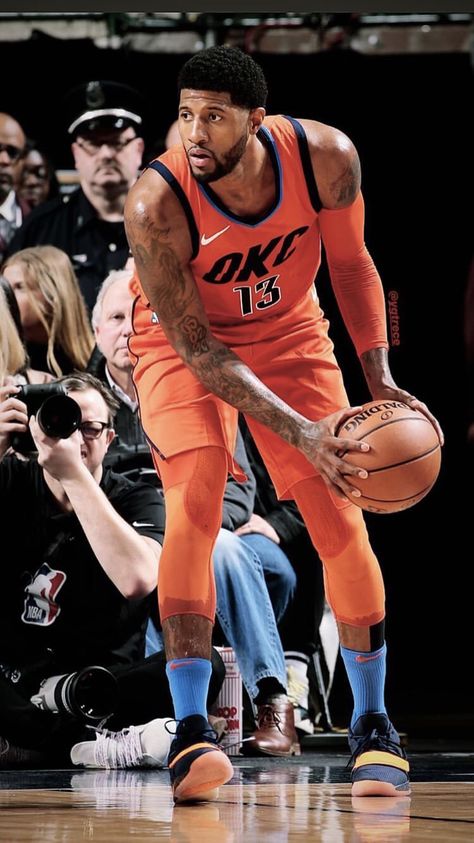 Of course, the main force of that team was George Mikan, but without the system, even Mikan would not be so good. Kundla figured out how to split the ball between the two superstars without conflict. Kundla came up with a new position - power forward. Kundla was not afraid to use players with the then outlandish jump shot. In general, it was not just a nominal head of a successful enterprise.
Of course, the main force of that team was George Mikan, but without the system, even Mikan would not be so good. Kundla figured out how to split the ball between the two superstars without conflict. Kundla came up with a new position - power forward. Kundla was not afraid to use players with the then outlandish jump shot. In general, it was not just a nominal head of a successful enterprise.
Against John this time, the fact that he coached in the NBA for only 11 incomplete years, more than half of them in the era before the attack limit of 24 seconds, and in "modern" basketball he only had 1 NBA final (with newcomer Elgin Baylor) ). But Kundla has more NBA championship rings than Nelson, Wilkens, Ramsey, Sloan, Brown, Rivers combined.
Who was added
KC Jones
Titles / Finals: 2 / 5 Coach of the Year: 0 Cost center: 5 By wins / by % wins: 33rd / 4th
Players: Wes Unseld, Alvin Hayes, Larry Bird, Robert Parish, Kevin McHale, Bill Walton
Jones is perceived as a kind assistant who picked up Boston, tired of Bill Fitch's methods, and did not prevent Bird and company from playing their favorite basketball.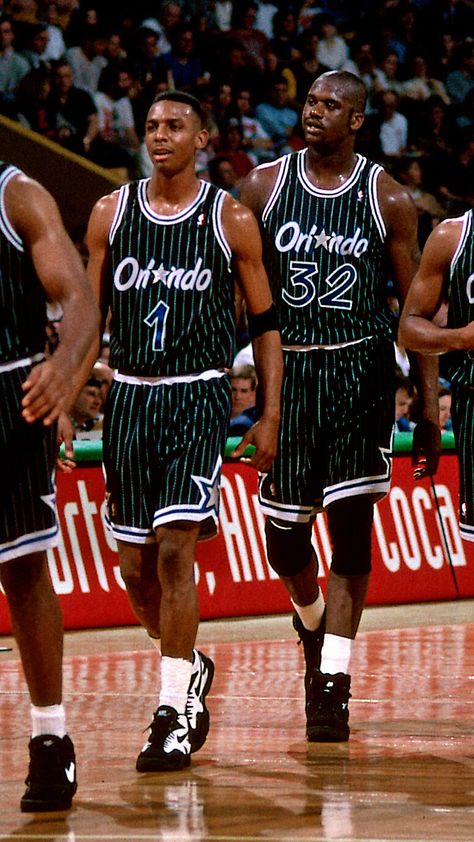 But KC is not just the backdrop for one of the greatest teams in basketball history, the 1983-1987 Celtics. He received his first championship ring as a coach as an assistant with the Lakers in 1972. In 1975, he independently brought Washington to the final. In 10 incomplete seasons in the NBA, he has not had one with a negative win-loss balance.
But KC is not just the backdrop for one of the greatest teams in basketball history, the 1983-1987 Celtics. He received his first championship ring as a coach as an assistant with the Lakers in 1972. In 1975, he independently brought Washington to the final. In 10 incomplete seasons in the NBA, he has not had one with a negative win-loss balance.
Jerry Sloane
Titles / Finals: 0 / 2 Coach of the Year: 0 Cost center: 0 Win/Win %: 4th/11th 90,005 90,002 Players: John Stockton, Karl Malone 90,005 90,002 Don Nelson tried to revolutionize basketball, Pat Riley pushed Showtime to cosmic speeds, Phil Jackson perfected superstar tactics . These were the new wave coaches in the 80s/90s, Jerry Sloan from Utah was the most old school in their background. Guess which one of them has had the biggest impact on modern basketball? It was the old-fashioned Sloan and his mobile "student" attack, the perfect Stockton-Malone pick-rolls, the constant search for unequal exchanges and open throws.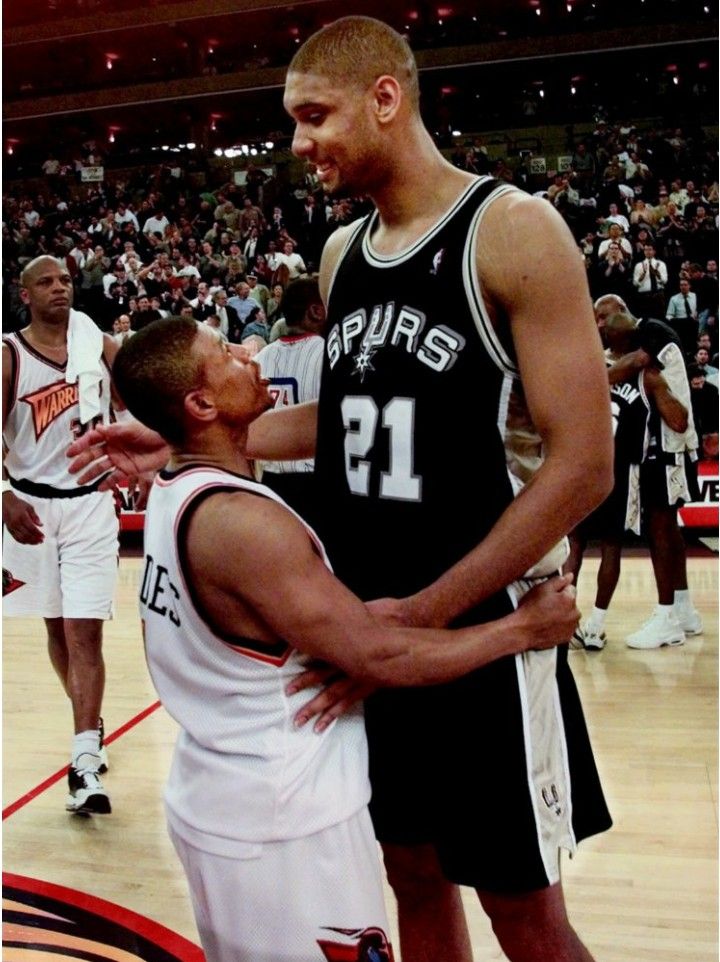 And that is why a coach who does not have a championship title, or even an award for Coach of the Year, is considered one of the greatest.
And that is why a coach who does not have a championship title, or even an award for Coach of the Year, is considered one of the greatest.
Larry Brown
Titles/Finals: 1/3 (also 0/1 in ABA) Coach of the Year: 0 (also 3 in ABA) Cost center: 2 (also 3 in ABA) Wins / Wins %: 8th / 38th 90,005 90,002 Players: David Robinson, Reggie Miller, Allen Iverson 90,005 90,002 If Gregg Popovich, by his own admission, borrowed the club philosophy from Sloan, then the coaching system from Larry Brown , for whom he worked as an assistant at the University of Kansas and San Antonio. But not character: Brown, unlike Popovich, could never sit in one place. 16 jobs, including a record 9NBA clubs, despite the fact that no other coach has changed more than 6! Extremely critical of his players, Brown squeezed the most out of "proletarian" teams like the championship "Detroit" -2004, could even lead the Bobcats and Clippers to the playoffs. But as soon as he felt that something was not going according to his plan, he immediately looked for a greener lawn behind the neighbor's fence.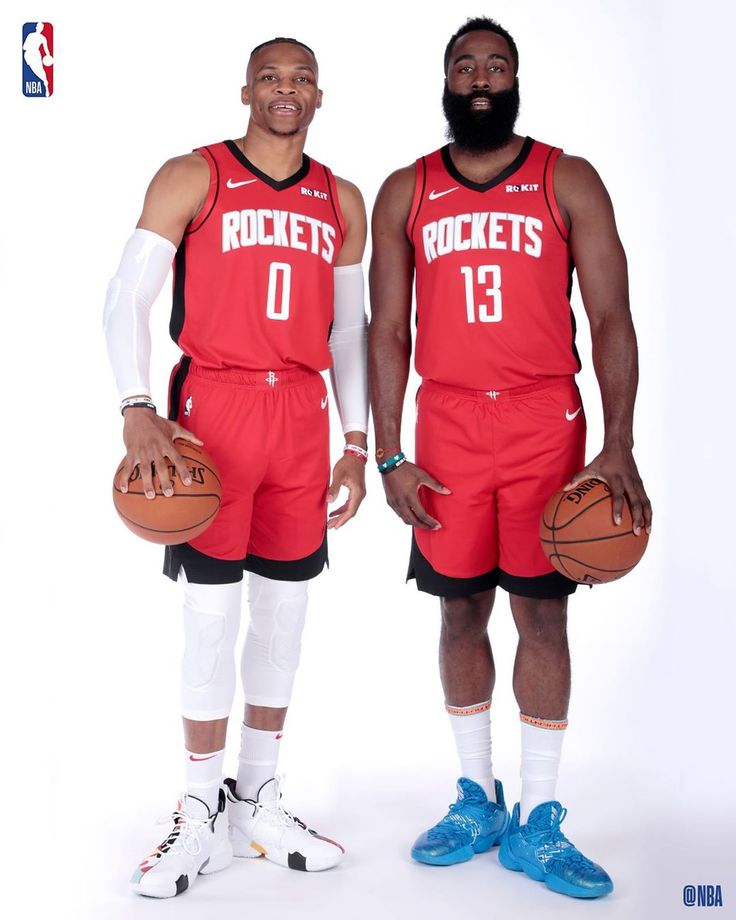
Gregg Popovich
Titles / Finals: 5 / 6 Coach of the Year: 3 Cost center: 4 By wins / by % wins: 2nd / 6th
Players: David Robinson, Tim Duncan, Kawhi Leonard
Needs no introduction. He has been coaching the same team for 26 years - this may never happen again in professional sports. In a week or two, Pop will be in first place in the number of wins in the NBA. But at the start of the first championship season in 1999, he was almost fired for the sake of a young and promising coach named ...
Doc Rivers
Coach of the Year: 1 Cost center: 3 By wins / by % wins: 10th / 20th
Players: Paul Pierce, Kevin Garnett, Ray Allen, Chris Paul
Demand is Doc's main coaching quality. The Spurs didn’t have a vacancy—the young Rivers immediately landed a job with Orlando, where he became Coach of the Year in his first season and was one win away from the playoffs—although Hardaway had already left the team and McGrady hadn’t arrived yet.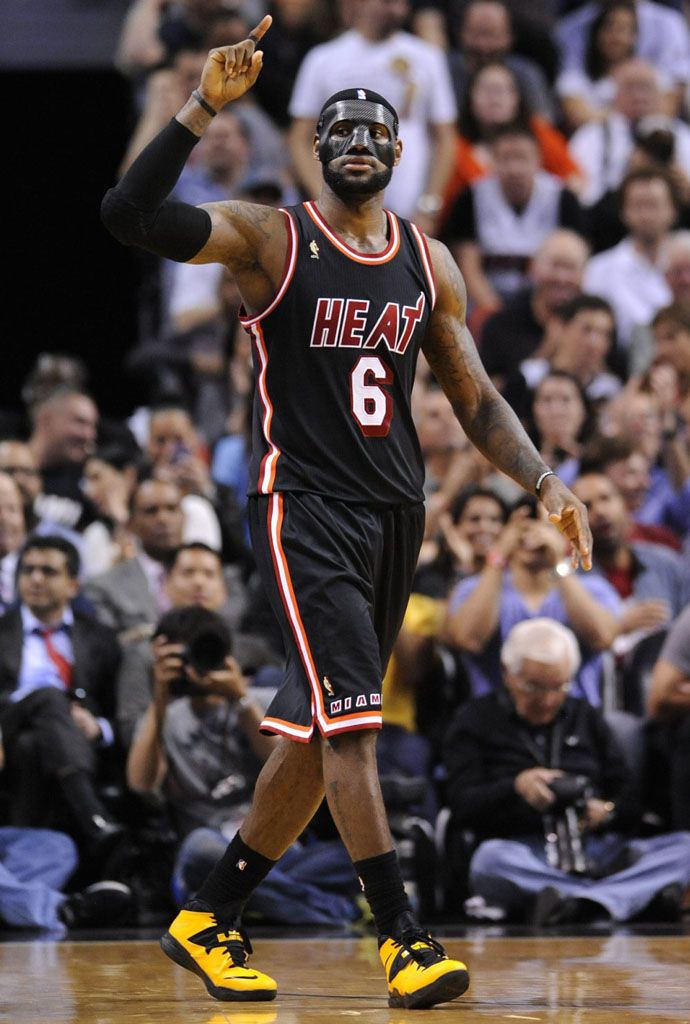 And for 23 years in a row, Doc has not been left without a job: fired from the Magic after draining the playoff series from a 3-1 advantage - he will take over the Celtics. Will be fired from the Clippers after, ahem, draining the series from 3-1 (and already the second in the LAC) - he will immediately go to the Sixers.
And for 23 years in a row, Doc has not been left without a job: fired from the Magic after draining the playoff series from a 3-1 advantage - he will take over the Celtics. Will be fired from the Clippers after, ahem, draining the series from 3-1 (and already the second in the LAC) - he will immediately go to the Sixers.
Managers, players and other coaches respect Doc much more than the fans. Who is right?
Eric Spoelstra
Titles / Finals: 2 / 5 Coach of the Year: 0 Cost center: 2 Wins / Win %: 24th / 14th 90,005 90,002 Players: Dwyane Wade, LeBron James, Ray Allen 90,005 90,002 Spo is the youngest coach on the list, but he started coaching even before Doc. But Eric started from the bottom - from the position of a video assistant. When Pat Riley named Spoelstra as his successor in 2008, no one believed that the 38-year-old boy would be here for a long time. Even more doubts began to creep in when LeBron appeared on the team. But LeBron is gone, Wade is gone, and Spo is still with the Heat - so far the only candidate to ever get close to Popovich's record.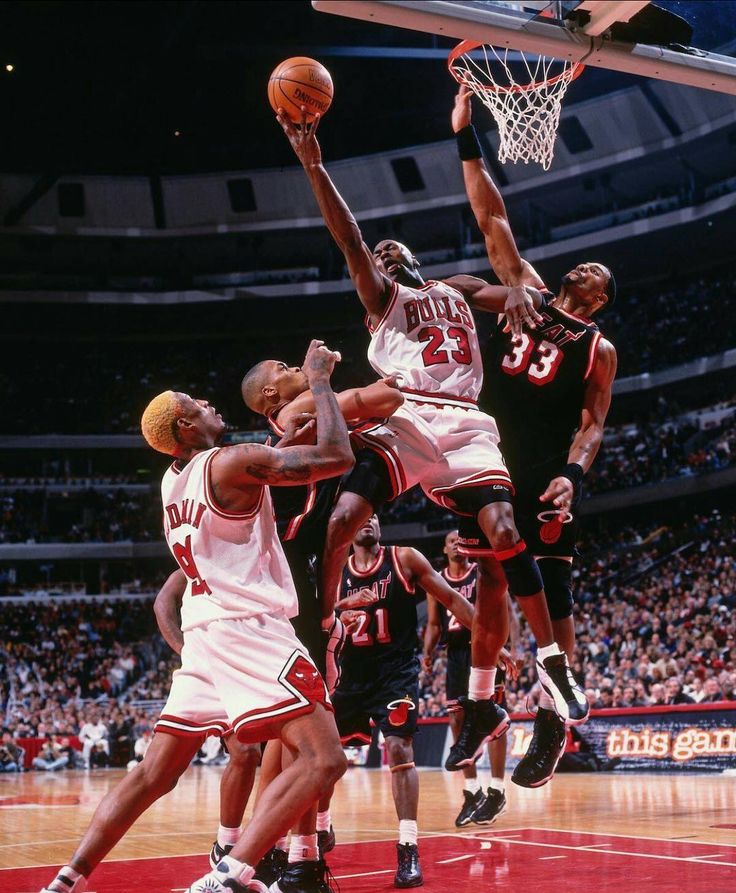
Steve Kerr
Titles / Finals: 3 / 5 Coach of the Year: 1 Cost center: 2 Win/Win %: 50th/3rd 90,005 90,002 Players: Stephen Curry, Kevin Durant 90,005 90,002 Kerr has only been coaching for 8 seasons - before Golden State, he was a player, manager, TV commentator, but didn't even work assistant. His coaching virtues are trust in the players and flexibility. During his playing career, Kerr, like a sponge, absorbed the knowledge of his teachers - Wilkens, Jackson, Popovich, Luth Olson from the University of Arizona and the US team. The effect of this amalgam of ideas is the most dominant team of the 2010s.
Who was taken for a ride again
Coaches are difficult to evaluate. We often justify even the successes and defeats of basketball players not by talent, but by circumstances: that someone got into one or the other system, that someone had this or the wrong squad, a playing style that suits or does not suit the era or current basketball rules.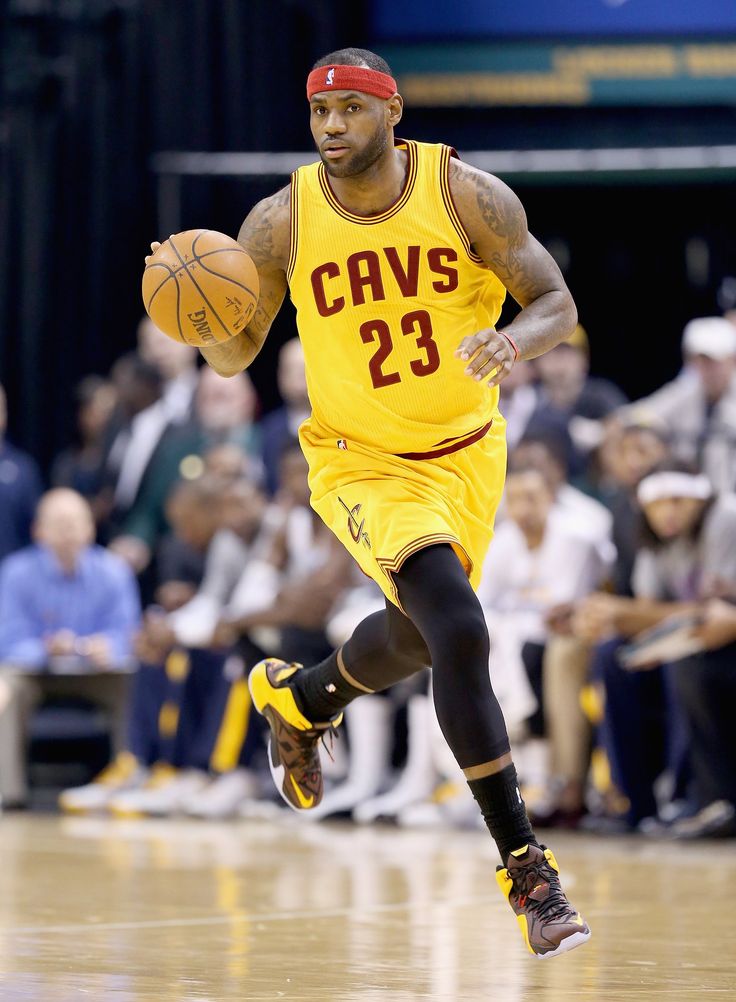 .
.
The greatness of coaches depends even more on the environment. And swap two coaches - there is a high probability that both will fail with a "foreign" team.
Someone is great with superstars but fails with anything less. Someone brings an average club to the level of a contender, but is not able to lead it to the championship. Someone better at developing the young. Someone perfectly integrates experienced veterans into the game. Someone is a system trainer. Someone is a coach for the players. Someone is a strategist. Someone is a tactician. Someone is a motivator. Someone is lucky.
It is impossible to objectively compare coaches - the statistics of victories and the number of championships will not show strong coaches from weak teams. The Coach of the Year awards only show those who have surpassed pre-season expectations.
In the case of players, I've compiled the top 75 based on a formula that takes into account all their achievements.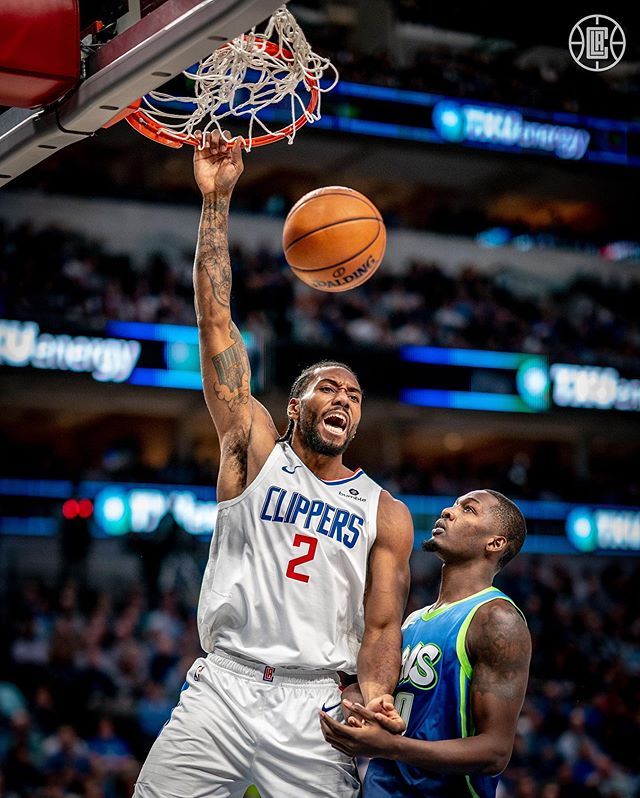 Coaches... okay, I have the NBA Hall of Fame coaching formula.
Coaches... okay, I have the NBA Hall of Fame coaching formula.
And if you look there, then all the coaches from the real top 15 got into the top 20 according to this system, Fitch and Kundla too.
Three people who were neither top 10 '1996 nor top 15 '2022:
Alex Hannum
Titles/Finals: 2/4 (also 1/1 in ABA) Coach of the Year: 1 (also 1 in the ABA) Cost center: 3 (also 1 in ABA) By wins / by % wins: 38th / 45th
Players: Dolph Shays, Hal Greer, Wilt Chamberlain, Nate Thurmond, Billy Cunningham
Larry Brown clearly picked up the habit of running on teams from this man - under Hannum he played in the ABA for the champion Oakland and later for Denver ". Hannum is the only one to take away the championship titles from the Celtics against Auerbach, and twice! In 1958 - as a coach of St. Louis, in 1967 - already in Philadelphia. In general, he became the coach of the year in San Francisco, which he also brought to the NBA finals in the 64th.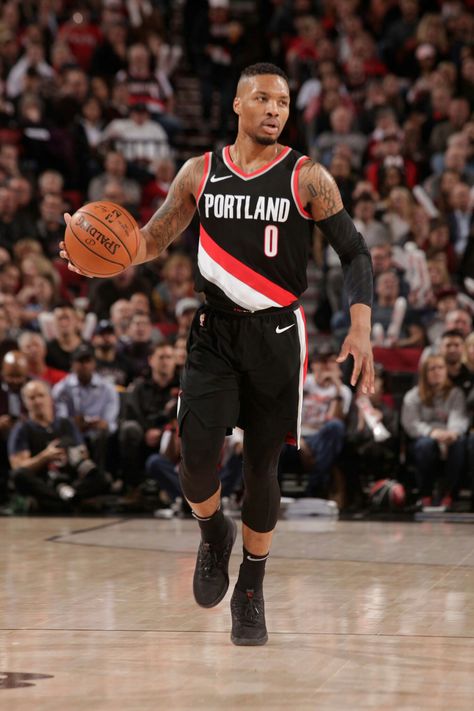 He has not worked in any of his seven teams for more than three seasons. Twice left immediately after the championship.
He has not worked in any of his seven teams for more than three seasons. Twice left immediately after the championship.
Six future champion coaches from different eras played under him: Costello (1971), Attles (1975), Riley (1982, 1985, 1987, 1988, 2006), Cunningham (1983), Tomjanovich (1994, 1995), Brown (2004).
Rick Adelman
Titles / Finals: 0 / 2 Coach of the Year: 0 Cost center: 3 By wins / by % of wins: 9th / 22nd
Players: Clyde Drexler
Adelman, by the way, also played for Hannum, though only a few matches. Despite a long career and membership in the Basketball Hall of Fame, Rick was unlikely to be seriously considered in the top 15 - he lost both finals with Portland, he did not go there with Sacramento (whatever Adelman's reputation was in the event of a championship in 2002, you can only guess), as long as Jerry Sloan did not work in the same team. But his take on the Princeton lace offense with the Kings is forever in the hearts of basketball fans.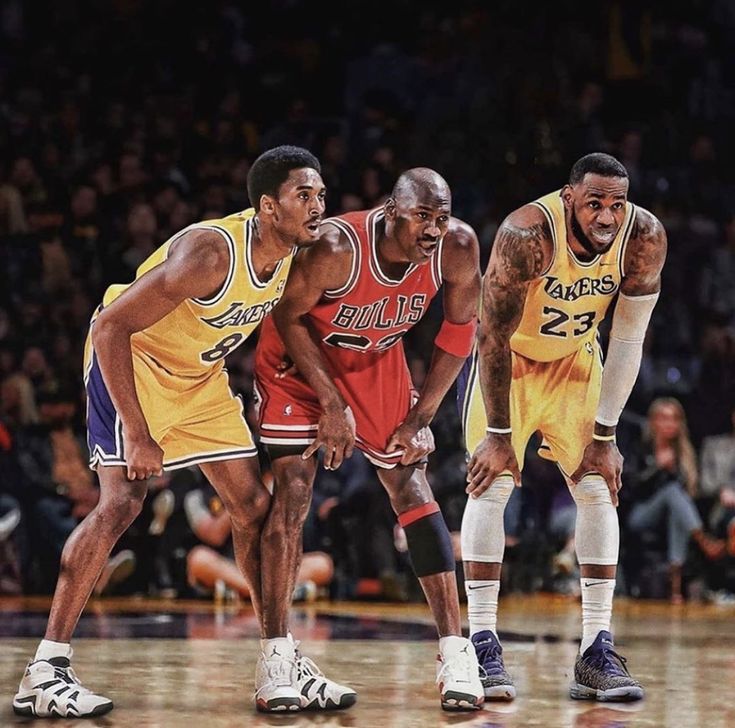
George Karl
Titles / Finals: 0 / 1 Coach of the Year: 1 Cost center: 4 Wins / Wins %: 6th / 17th
Players: Gary Payton, Ray Allen, Carmelo Anthony
One of the best basketball coaches in terms of knowledge and sense of the game. One of the nastiest characters in the history of sports. George has brought teams as diverse as Seattle to Kemp-Payton, Milwaukee to Ray Allen, Denver to Carmelo Anthony to their peak. But at every place of work he clashed with the stars and left with a bad reputation. You say it will be difficult for Harden to find a person who will induct him into the Hall of Fame? George Carl is still not even included, despite being the 6th most coaching win in NBA history - with a winning percentage higher than Adelman, Wilkens, Nelson or Brown.
Two more coaches who are very close to the top 20 according to the formula:
Rudy Tomjanovich
Titles / Finals: 2 / 2 Coach of the Year: 0 Cost center: 1 By wins / by % of wins: 31st / 32nd
Players: Hakim Olajuwon, Clyde Drexler, Charles Barkley
Rudy T.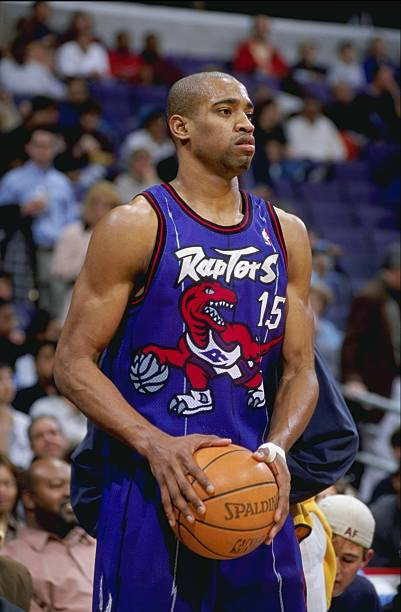 's coaching career turned out to be short due to health problems: he started at 44, and already at 57 he went to pension. It is unlikely that he could train longer even without sores - the self-critical coach of the champion Rockets worked hard: scrupulous preparation for games and emotional involvement in the successes and failures of his players. The famous phrase "Never underestimate the heart of a champion" after the toughest playoffs in 1995 is a cry from the soul of a coach who lives for his team.
's coaching career turned out to be short due to health problems: he started at 44, and already at 57 he went to pension. It is unlikely that he could train longer even without sores - the self-critical coach of the champion Rockets worked hard: scrupulous preparation for games and emotional involvement in the successes and failures of his players. The famous phrase "Never underestimate the heart of a champion" after the toughest playoffs in 1995 is a cry from the soul of a coach who lives for his team.
Bill Sharman
Titles/Finals: 1/3 (also 1/2 ABA, 1/1 ABL) Coach of the Year: 1 (also 1 in the ABA) Cost center: 3 (also 1 in ABA) Wins / Win %: 60th / 23rd
Players: Nate Thurmond, Jerry West, Wilt Chamberlain
Sharman has a short record, but for a different reason. In his era, there were few coaching positions in the NBA, the league was just beginning to expand with 8 teams, and for a long time Bill had to coach in other leagues. First in ABL.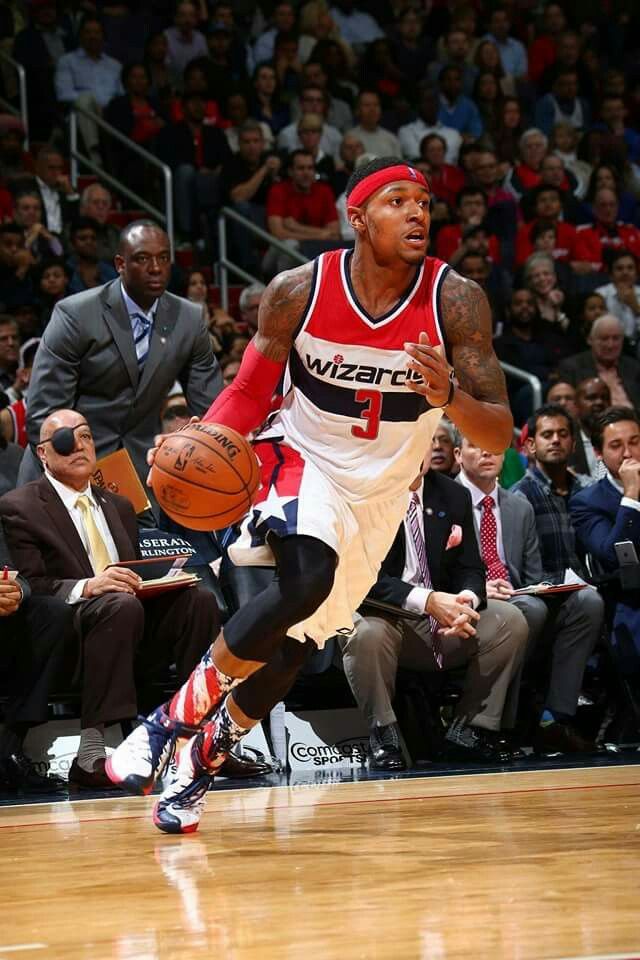 Then to ABA. And there, and there he became a champion. And then he repeated the success with the Lakers in the NBA. But after only 7 years of coaching in the NBA, Sharman decided to go to work as a general manager - and taught Jerry West everything he had once learned from Red Auerbach (and in parallel laid the foundations of Showtime).
Then to ABA. And there, and there he became a champion. And then he repeated the success with the Lakers in the NBA. But after only 7 years of coaching in the NBA, Sharman decided to go to work as a general manager - and taught Jerry West everything he had once learned from Red Auerbach (and in parallel laid the foundations of Showtime).
Finally, two more coaches not to be missed:
Tom Heinsohn
Titles / Finals: 2 / 2 Coach of the Year: 1 Cost center: 4 Wins / Win %: 45th / 9th 90,005 90,002 Players: John Havlicek, Dave Cowens 90,005 90,002 Auerbach's top student who revived the Celtics after the retirement of the 1960s champions. Heinsohn is also a pity because he, as a player, was not included in the top 75 - in terms of the totality of achievements, the two-time member of the Hall of Fame (one of only four: Sharman, Wilkens and student legend John Wooden) turned out to be the most deprived in the NBA anniversary season.
Billy Cunningham
Titles / Finals: 1 / 3 Coach of the Year: 0 Cost center: 4 Win/Win %: 40th/2nd 90,005 90,002 Players: Julius Irving, Moses Malone 90,005 90,002 Only Phil Jackson has a higher career win percentage (Steve Kerr and Gregg Popovich once outperformed, but dropped lower).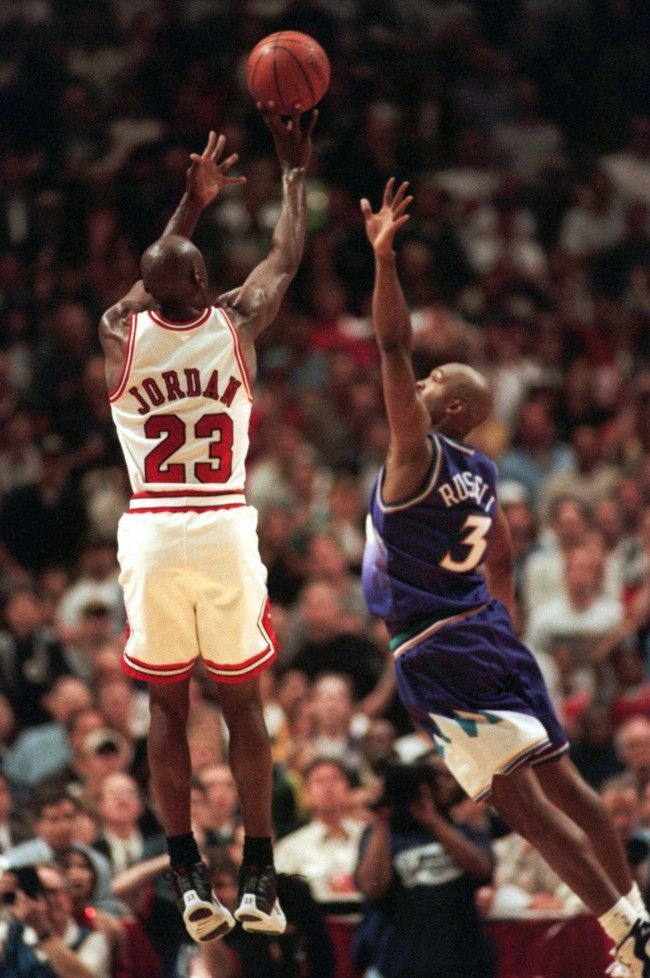 Under Cunningham, the 1983 Sixers had one of the most dominant playoffs in history, losing just one game in three series and sweeping the defending champion Lakers in the Finals. But Cunningham only worked for 8 seasons, each time the Sixers made the playoffs and were eliminated in the first round only once. At 42, Billy retired from basketball because he had achieved everything in it and went into business. More financial gain, less emotional stress.
Under Cunningham, the 1983 Sixers had one of the most dominant playoffs in history, losing just one game in three series and sweeping the defending champion Lakers in the Finals. But Cunningham only worked for 8 seasons, each time the Sixers made the playoffs and were eliminated in the first round only once. At 42, Billy retired from basketball because he had achieved everything in it and went into business. More financial gain, less emotional stress.
It's hard to imagine now that NBA head coaches get multi-million dollar contracts. And the trade union remembers the predecessors to whom the current generation owes such grace. True, he still does not remember everyone.
These people made the profession of NBA coach prestigious.
Photo: East News/ASSOCIATED PRESS/East News/AMY SANCETTA, JOHN SWART; REUTERS/Brett Davis-USA TODAY Sports; Gettyimages.ru/Tim Nwachukwu, Stacy Revere, Jeff Gross
"The game is never over." The Man Who Changed Basketball Has Gone0001
On June 28, Pat Summitt, former head coach of the Tennessee Lady Volanteers women's collegiate basketball team, passed away at the age of 64 after five years of fighting Alzheimer's disease.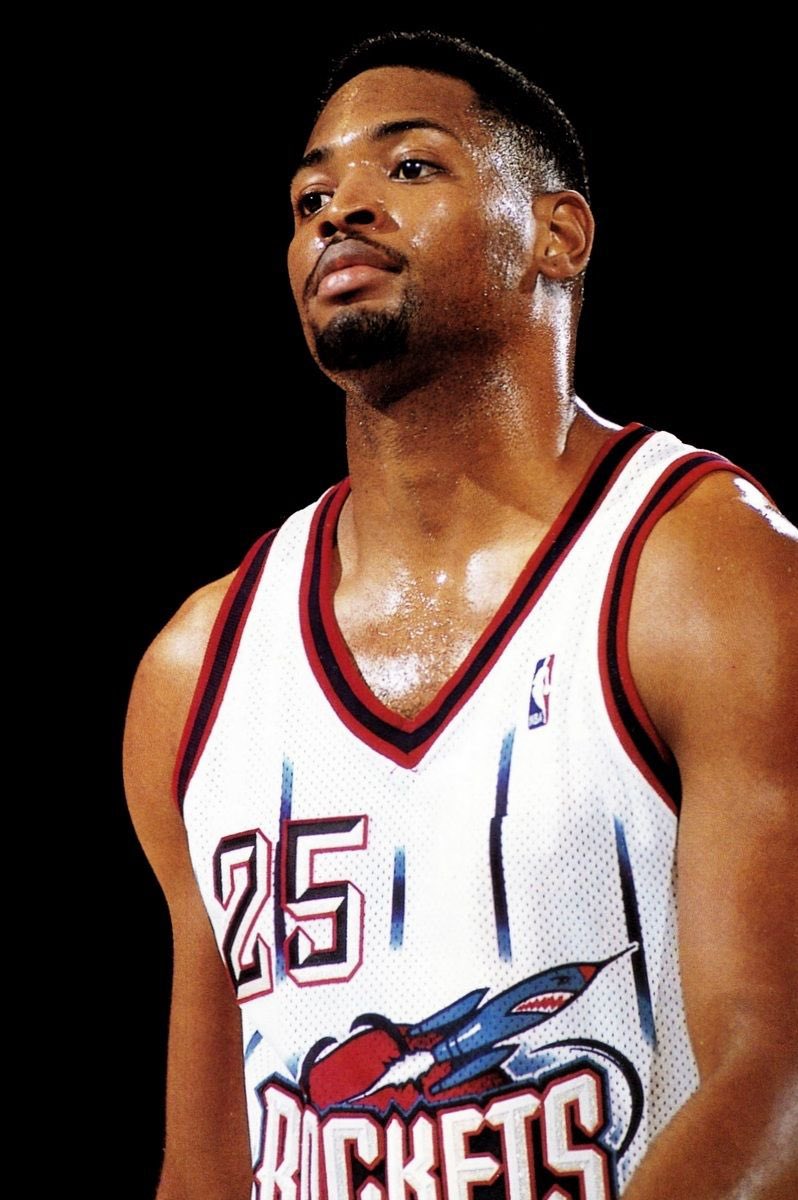 Sportbox.ru remembers the legendary woman and tells why everyone who plays basketball should know her.
Sportbox.ru remembers the legendary woman and tells why everyone who plays basketball should know her.
Pat Summitt was the head coach of the Volantiers women's basketball team at the University of Tennessee for almost forty years, winning eight NCAA championships in 22 years. Pat Summitt is the first NCAA coach in history to have over a thousand wins (she has 1098), the best basketball coach of the 20th century, was inducted into the basketball hall of fame. But all these are beautiful, but dry facts, behind which is the story of a man who changed the entire world of women's basketball, and now the basketball world is experiencing a loss that cannot be replenished.
Patricia Sue Summitt's father worked on a farm in Clarksville, producing tobacco and dairy products. He was sure that his daughter could do everything that the boys could, and he was never gentle with her. But he did everything to ensure that Patricia Sue became what she became. Together with three brothers, the girl played in the hayloft, where her father made a ring.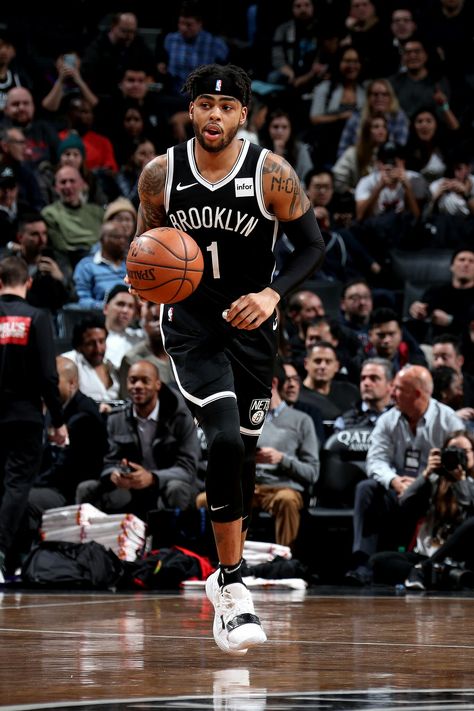 The family moved from Clarksville because the local high school didn't have a girls' basketball team. And then the father found money to send his daughter to Tennessee-Martin College. Pat was a talented player and at 19In the 76th year, she won the silver of the Olympics as part of the American team.
The family moved from Clarksville because the local high school didn't have a girls' basketball team. And then the father found money to send his daughter to Tennessee-Martin College. Pat was a talented player and at 19In the 76th year, she won the silver of the Olympics as part of the American team.
As a coach, Summitt returned to the Olympics eight years later for the first women's Olympic gold in US history. When she became the coach of the basketball team from the University of Tennessee at the age of 22, barely out of college, women's basketball in America, in general, was of little use to anyone. Only two years earlier, in 1972, an amendment to the US education law was passed, according to which discrimination on the basis of sex was prohibited, and girls in American colleges were given the right to play sports. At that time, women's basketball was not recognized in the NCAA - this will happen only in 1981 year. The very fact that a 22-year-old girl, who had never worked as a coach before, became the head coach of the team speaks of the deplorable state in which women's basketball was then: the world simply did not recognize it.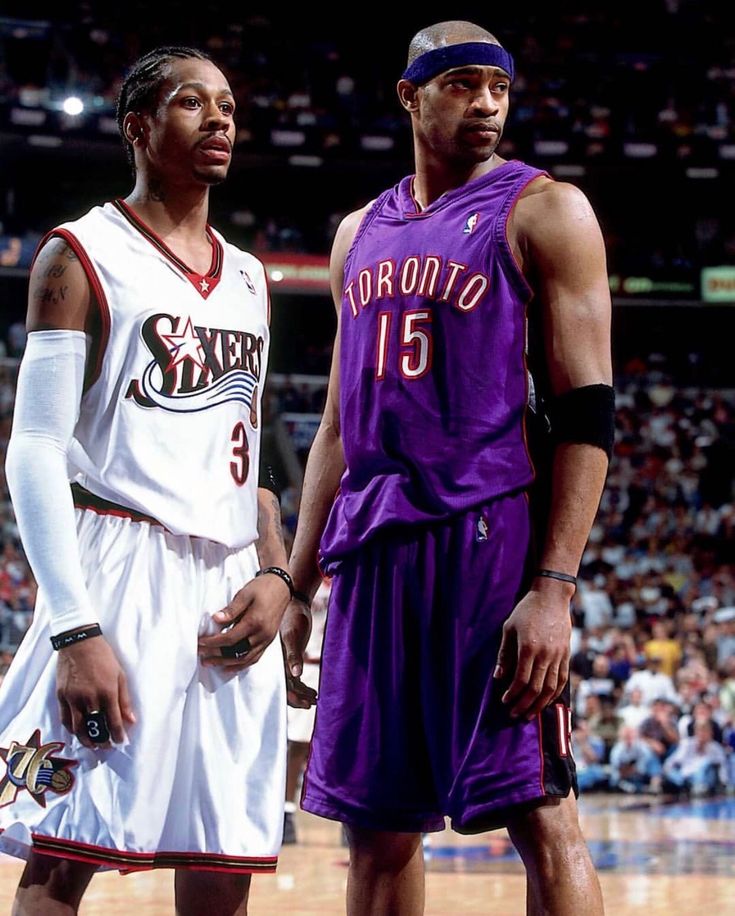
At first, Pat received 250 dollars, she washed the uniform herself, for which the team collected by selling donuts. But this state of affairs did not suit Summitt. She was truly made to be a coach. Tough and demanding in the game, a professional on and off the court, a subtle psychologist who can give crazy motivation to the whole team. She made her players work harder and harder, every day to be better and stronger, she taught them to win.
Pat Summitt once told her players to keep their uniforms after a devastating defeat in North Carolina, rather than having them washed by managers. The team returned to Tennessee and went straight from the airport to the gym, where the girls put on the same uniform and had a grueling workout. After that, the coach said: “You will play in this form for 40 minutes. You didn't do it yesterday, so you'll do it today."
But Pat knew how to be soft, she had the ability to feel the capabilities of the players, understand them, motivate them.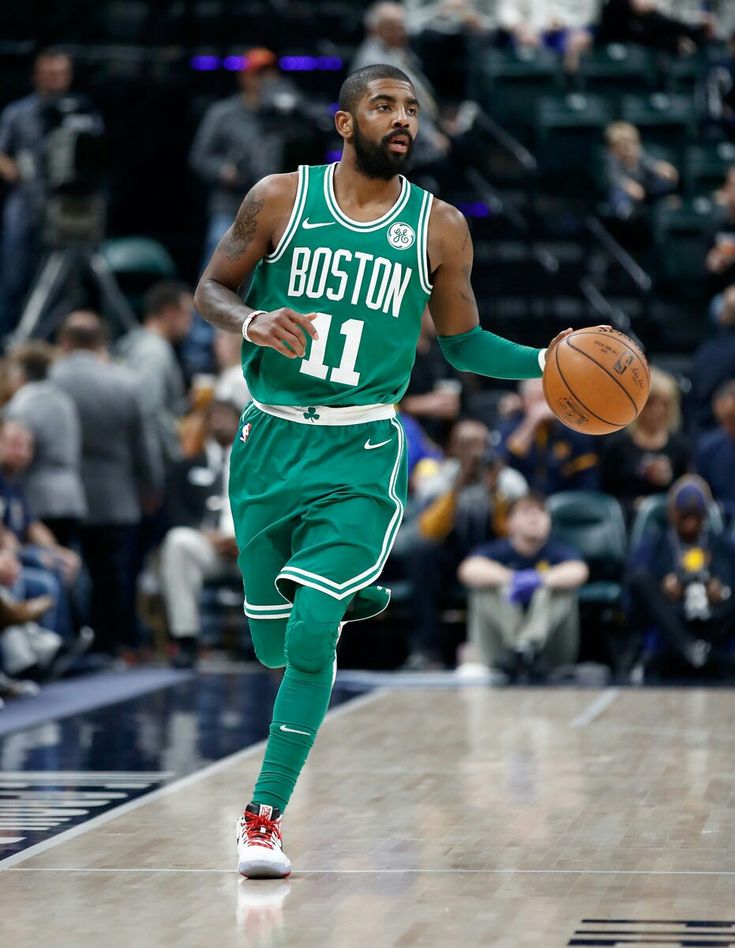 She inspired. She loved them. Kara Lawson, one of the ex-Lady Vols players, said: “She is a kaleidoscope. She changes everything."
She inspired. She loved them. Kara Lawson, one of the ex-Lady Vols players, said: “She is a kaleidoscope. She changes everything."
For example, Summitt wrote a handwritten letter to Candace Parker and invited her to Tennessee.
“I will do everything I can to help you develop as a player, as a student, as a person. I want to be your coach,” Pat wrote to a talented girl, and Candace, having a wide choice, nevertheless became part of the Lady Vols. Upon learning of the death of her mentor, already a two-time Olympic champion, Parker wrote: “You have remained true to your promises. Thank you Coach for being the best example for me. I love you".
It is known that all the girls from the Summitt team had good academic performance, and the coach personally monitored this. “Study is more important than play,” she said. All basketball players of the team successfully graduated from the university. 161 - that's how many girls became part of the great history of the "Lady Vols", and Pat sincerely considered them her second family, and the players called the coach their second mother.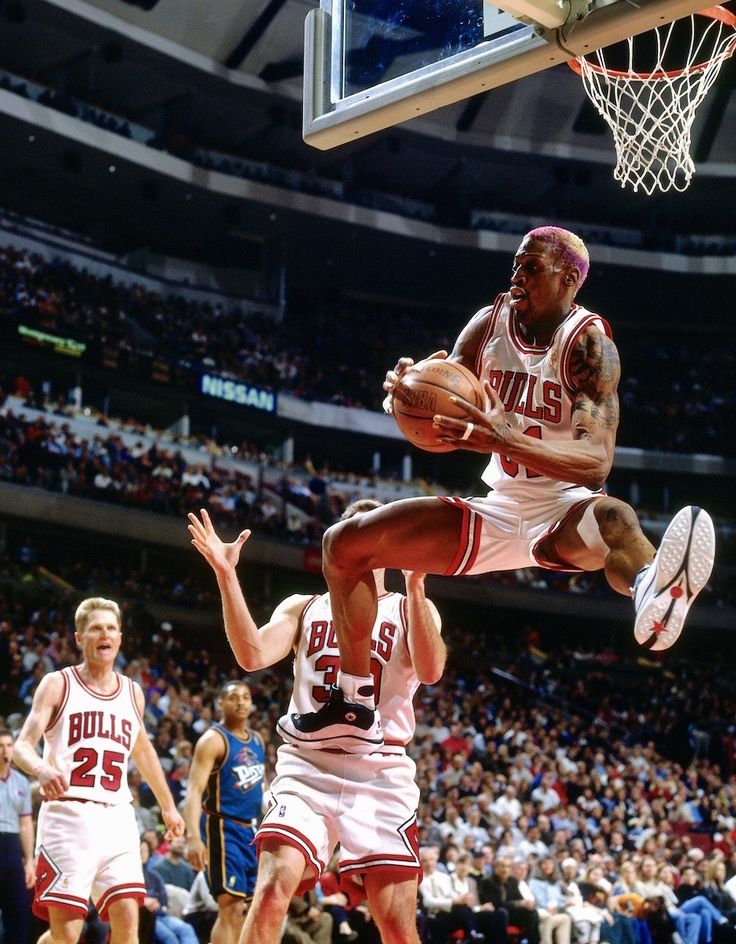 Summit said, “I have won 1,098 games and 8 national championships and coached for four decades. But what I see is not numbers. I see their faces."
Summit said, “I have won 1,098 games and 8 national championships and coached for four decades. But what I see is not numbers. I see their faces."
In 1981, the women's basketball tournament was included in the NCAA, and in 1986, after several failures in the finals, the Tennessee Lady Vols finally won the championship title. Then, under the leadership of Summitt, seven more. In total, the girls played in thirteen final games.
Pat changed the attitude towards women's basketball in the United States and ensured that women's NCAA games could be seen in prime time on American television. Tickets for the Tennessee girls' games cost the same as the men's games. She forced to pay attention to women's basketball, although earlier they stubbornly refused to do this.
In 1985, the NCAA's Connecticut Huskies got a new coach, Gino Orinna, and there was a bitter rivalry between him and Pat for a long time. Matches between the Lady Vols and the Huskies were the most principled confrontations in the league and attracted the largest number of spectators.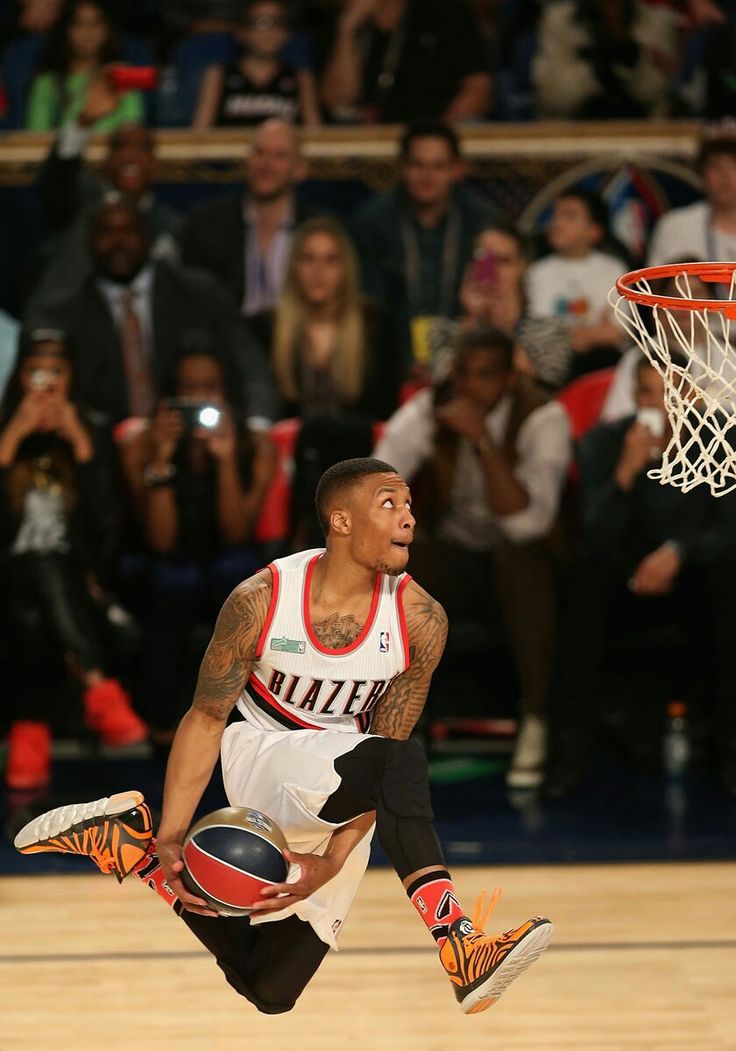 But after Summitt retired, Orinna, after setting a record of 11 wins in the women's national championship, admitted that Pat was a big influence on him. “A lot of people are coaches, but very few personify the game,” he said.
But after Summitt retired, Orinna, after setting a record of 11 wins in the women's national championship, admitted that Pat was a big influence on him. “A lot of people are coaches, but very few personify the game,” he said.
In 2011, Pat Summitt announced that she had been diagnosed with Alzheimer's disease. She spent one more full season as head coach of the Volanteers, after which she made the decision to retire. It was not easy for her, and for another five years she fought the disease and still remained faithful to her favorite game. Pat founded the Alzheimer's Foundation. In total, she spent 38 years at the head of the Lady Vols and did not miss a single season during this time.
Pat Summit's biographer and good friend, Sally Jenkins, remembering the legendary coach, cites her letter to the Lady Vols player.
“Winning is fun, of course. But meaning is not winning,” Summitt wrote. - Meaning is not just a desire to win. Don't give up - that's the point.